You’re here because you want to Retire Healthier and improve your short-term and long-term health. This means physical and mental health, along with the resiliency to be able to handle what life brings your way. Regardless of where you are in your life right now, (close to retirement, retired, or far from it), there are 5 big areas you need to focus on to improve and maintain your well-being. I’ve worked with all ages from teens to the elderly and I’ve seen the massive improvement you can make if you take action on these 5 things.
There is a major problem that isn’t being talked about enough, the healthspan, lifespan gap. Being alive today you have a great chance of living to the worldwide average lifespan of 71 years old. Depending on where you live you might have better or worse odds, for example, the average life expectancy in India is 67 while in the US it is 76.1
What is arguably more important than lifespan is healthspan which is also known as HALE (health-adjusted life expectancy) and that is the time you are alive and healthy, and not battling illness or disease. For example, if you develop Alzheimer’s your healthspan ends. The shocking reality is there is a huge lifespan and healthspan gap, the average person will have only 64 years of good health2 and that doesn’t even take you to the retirement age in a lot of countries and definitely won’t let you retire healthier.
Between 2000 and 2019 global life expectancy increased by 6.6 years while healthspan during that time increased only 5.4 years. This shows that the gap between lifespan and healthspan has actually increased rather than decreasing.3
We need to do better and close that lifespan, and healthspan gap if more people are going to retire healthier.
If I am going to lose my healthspan, I want it to be when I’m very old and close to my death so I can stay active and mentally sharp as long as I can. I want to be like my paternal grandfather who is 92 and still golfs regularly (he has shot his age over 40 times) and plays pool multiple times a week and do everything I can to not be unlucky like my maternal grandfather who I unfortunately never got the chance to meet as he tragically passed away at 59 from cancer and never got to retire.
This is what Retire Healthier is about, sharing knowledge, tips, and tricks to help close the lifespan healthspan gap and extend both as much as possible.
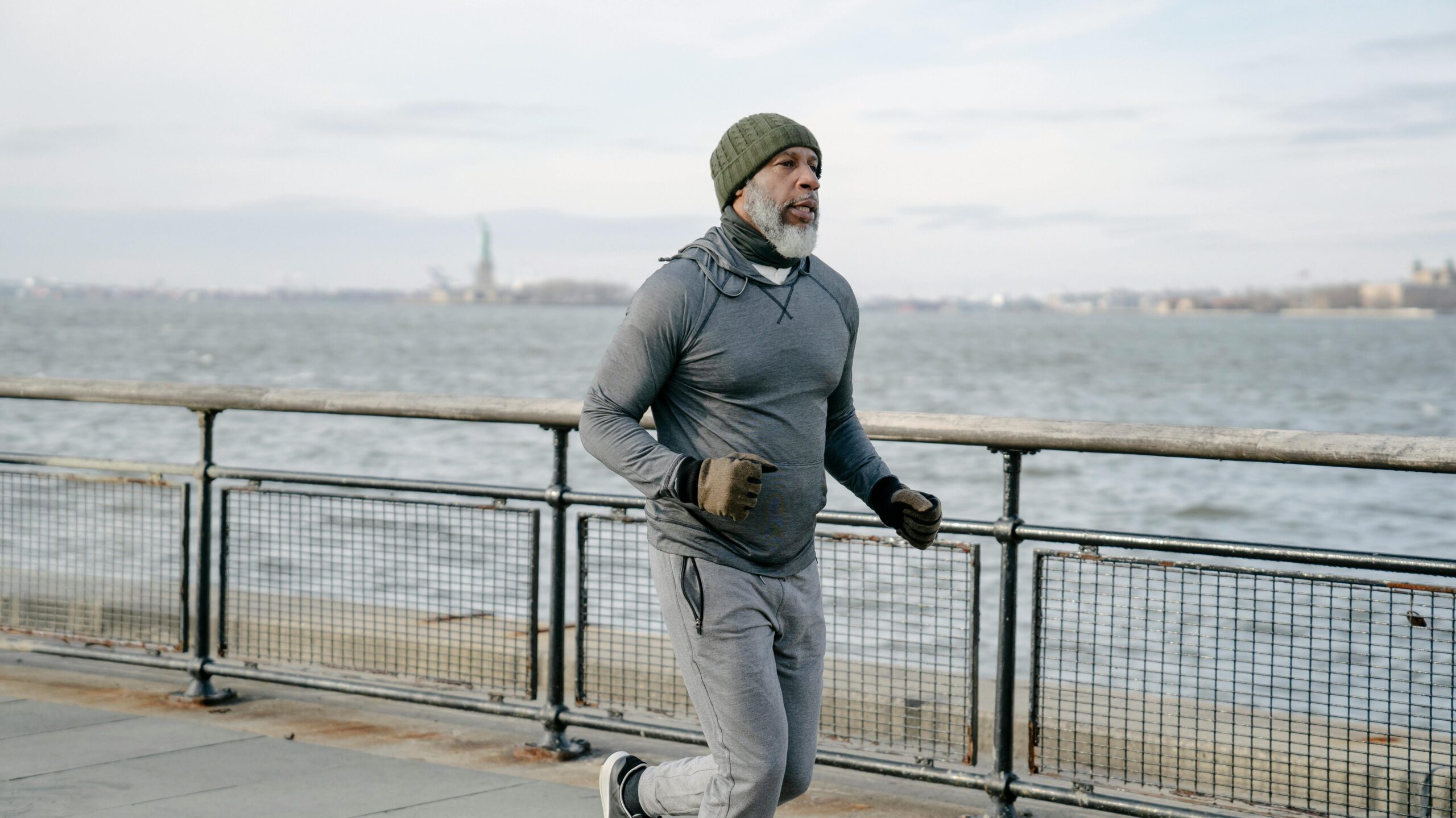
If you want to be alive, active, and healthy in your twilight years then you need to prioritize the goal of retiring healthier, and to do that there are actions you need to take, and the sooner the better. It doesn’t matter if you’re in your 30’s reading this or if you’re in your 80’s, starting now is better than never starting. It will lower your risk of early death and of losing your health.
Many people start saving and planning for their financial retirement as early as their 20s and yet many of these same people don’t do the same for their health so they can enjoy the money they saved for retirement.
When we are young it is easier to be healthy, there is less risk of chronic disease or early death so we push off caring about our long-term health unless something jolts us out of this complacency. For me, this happened several years ago. I fell in love with exercise in late high school and got fascinated with nutrition about 15 years ago. My interest soon became my passion so I went back to school to become a certified nutritionist and a personal trainer. Even after I graduated my health focus was still on short-term health, how can I look better for summer or develop a physical capacity but that changed when I was diagnosed with Lynch syndrome.
Lynch syndrome is a genetic mutation that affects roughly 1 in 279 people and if you have the mutation (like I do) it drastically increases your risk of developing several different cancers.4
“The mutations that define Lynch syndrome all but guarantee that its carriers develop early onset colon cancer…but they are also at very high risk for other cancers”5 Learning I had Lynch was a wake-up call. I decided that I needed to start caring and focusing on maintaining and extending my healthspan ASAP.
Lynch syndrome is hereditary, you only need to worry if one of your parents has it and then there is about a 50% chance you’ll have it.6 If one of your parents does have it or if your family has a history of early-onset cancer, talk to your doctor about getting tested for Lynch syndrome. If you do have it then early and often cancer screenings are critical. I believe Lynch is the reason my grandfather passed from cancer at such a young age.
Let’s face it, aging can be scary and it is vilified in our modern world and complained about by 99% of people over 30. I couldn’t tell you how many times someone told me “Don’t get old, it sucks.” However, the alternative to getting older is death… so seems like bad advice from them, I’ll happily get older over an early death. So let’s stop this vilification of aging, it is a blessing to get older. In medieval times the average lifespan was early 30s, that’s horseshit. Getting older is awesome and to make it even better your goal needs to be to retire healthier.
If the goal is to retire healthier then that means there are two things you need to accomplish.
First, stay alive.
Second, stay healthy or if your health is currently compromised then get it back or live with as much quality of life as possible.
That is it. It is simple and yet most people don’t stay healthy for the majority of their life because they don’t know what to do or how to do it properly. If you can execute the 5 things I go over in this article your chances of being able to retire healthier will rise dramatically.
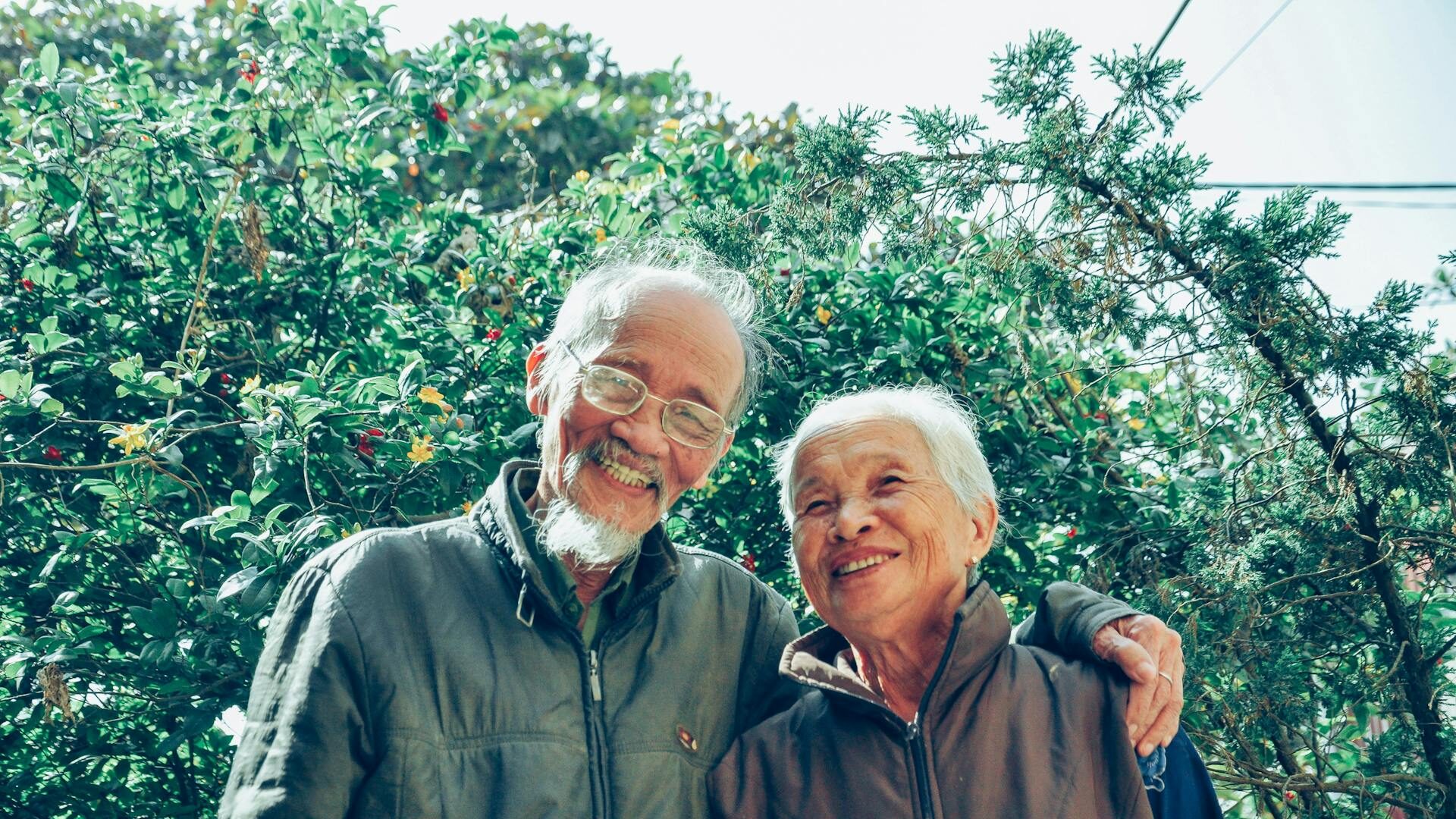
Modern medicine is incredible and it is most incredible at helping you after you have lost your healthspan. It isn’t very good at stopping you from getting sick in the first place, that is where this information comes in; but, before we dive in you need to know what you are trying to avoid.
Cancer, you have roughly a 22.5% chance of dying from cancer,7 and that is the 2nd leading cause of death behind heart disease which has been the leading cause of death in the US every year for the last 100 years.8 Then there are diabetes, stroke, neurodegenerative diseases, osteoarthritis, and more.
There is a lot of medical conditions that you can develop and lose your healthspan to. The good news is you can retire healthier, lower your risks of developing health conditions, and also feel better today and tomorrow. I am going to share with you the best proven ways (aka research-backed) to make that happen.
Just like investing in the stock market, nothing is guaranteed, you could get hit by a bus tomorrow or you could follow this advice and live to 100+ fit as a fiddle, either way, you don’t know what the future brings but you might as well take action as if you’re going to kick ass as you get older.
I’m going to break it down into the top 5 things that will give you the biggest opportunity to retire healthier, and these are all things we know based on repeatable research. Within these 5 areas, there is room for flexibility and adapting things for you, your body, your resources, your goals, your desires, and your life. The explanations in this article are higher level, there are opportunities to go deeper and learn more about each of these areas as you explore RetireHealthier.com
Before I jump into the deep end, I want you to avoid the biggest mistake people make when they try to improve their health and retire healthier and that is… accepting one-size-fits-all approaches.
In reality, you are one of a kind, your body is biochemically unique as is your life situation (age, wealth level, free time, responsibilities, etc.). That means what works for me, Janet, or Larry might not work for you, and what works for you might not work for another person.
This is vitally important because there are tons of areas of life where one main strategy can help anyone achieve their goals, like when it comes to retiring wealthy but physical, mental, and emotional health are unique to you. (Note: there is a strong correlation between having enough money and health so if you care about your health you need to take your wealth seriously too – check out Retire Wealthier to learn more about building and maintaining your wealth).
The health industry LOVES to say this diet, this exercise, this pill, etc. is the key to helping you feel great and it might work for your friend but it may be terrible for you.
There are research-backed things you can do but how you execute it should be best for you and your lifestyle. For example, exercise (something we will get more into) is great and Mark Wahlberg gets up at 4:30 am to exercise and goes to bed at 8 pm so should you? Probably not, but if that fits your lifestyle well then go ahead.
That might seem like an extreme example, but there are charlatans galore in this industry and idiots all over social media who have never read a research paper touting the next amazing thing. I tell you this because I don’t want you to buy into someone’s BS and get discouraged because it didn’t work for you. It didn’t work because it was either BS from the start, it isn’t a good solution for you, or if it wasn’t BS then maybe you didn’t do it right.
The key is finding what works for you, what makes you feel good, what helps you stay consistent and stick with it, etc. It might not be the first thing you try, you might need to play around and find what does work well for you. Also, as your life changes and evolves what you do will too. For example, I walk much more now that I have a dog than I ever did before.
Here at Retire Healthier we believe the only way to retire healthier is to find what approach works for you, it’s about health individualized.
Nutrition:
I don’t think there is enough respect given to our nutrition. We know what you put into your body affects how you feel today and how you age and yet it is often overlooked. I have talked to a lot of doctors who have told me they know little to nothing about nutrition and it isn’t extensively discussed in med school which makes it extremely difficult for them to give high-quality advice to patients.
If you eat a bunch of cyanide you die very quickly so you know not to eat it! But the effect your diet has on you is more subtle, it can take days, weeks, months, or even years to manifest the effect your nutrition has on your health, and taking your nutrition seriously is critical to helping you retire healthier.
With nutrition, you need to understand the importance of quality and quantity before anything else.
Only focusing on quality or quantity will not get you the health results you want, trust me. When I went back to school to become a certified nutritionist we learned a lot about the quality of food which is very important. I went all in on caring about my food quality and didn’t pay attention to quantity which ended up with me gaining weight and not feeling great.
Each food we eat is made up of macronutrients and micronutrients.
Macronutrients are made up of three things, protein, fat, and carbohydrates. Micronutrients are vitamins, minerals, and polyphenols. Polyphenols only come from plant foods FYI.
Each food you eat contains calories. Calories are determined by the amount of macronutrients in that food.
| Macronutrient | Amount | Calories |
| Protein | 1g | 4 |
| Carbohydrate | 1g | 4 |
| Fat | 1g | 9 |
Calories are a measurement of energy. That means 1 calorie = 1 calorie regardless of the source.
Just like 1 mile = 1 mile or 1 kilometer = 1 kilometer. Calories are a unit measurement meaning all calories are equal but…
The source of those calories matters.
Consuming 100 calories in the form of fruit juice will have a much different effect on your body than 100 calories from protein.
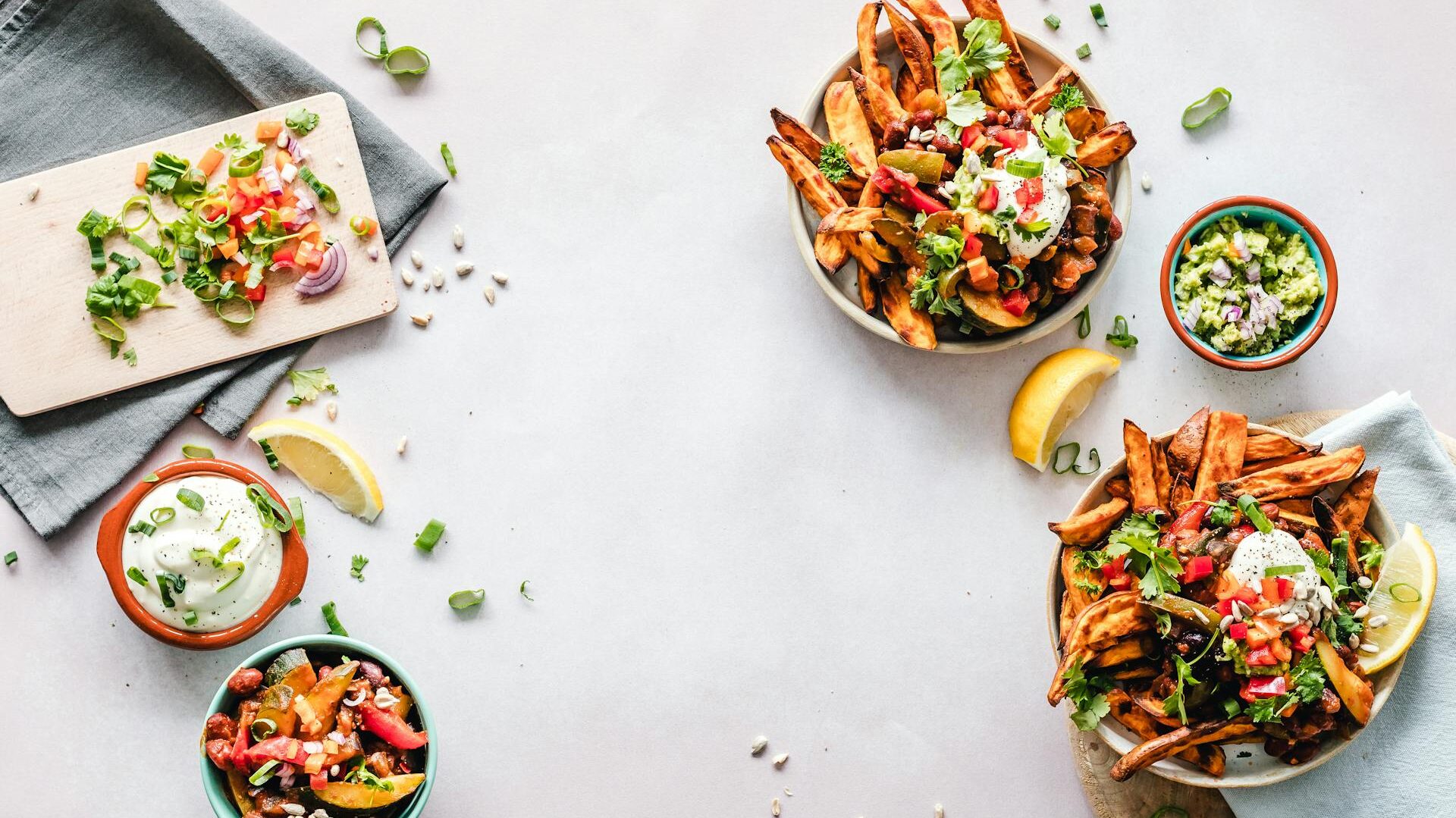
Now why should you care about calories? Because of the first law of thermodynamics (stick with me, it’s important) which states that energy can neither be created nor destroyed, only altered in form.
Your body acts like a calorie bank account, if you put more in (consume) than you take out (expend/use/burn) your body just like a bank account will get bigger. If you take out (expend/use/burn) more than you consume, your body just like a bank account will get smaller.
Your desired calorie balance depends on your goal. If you want to lose body fat then you need to be in a calorie deficit (more calories used than consumed), if you want to gain a lot of muscle then you will want to be in a calorie surplus (fewer calories used than consumed) and if you want to maintain your body weight then you want a calorie balance (note: you can gain muscle and lose fat in calorie balance it is just more difficult).
To accomplish either you need to figure out your calories burned per day, you can use this free calculator here to get an estimate.
Then you need to know how many calories you are consuming, that is where food tracking is invaluable. If you truly want to retire healthier then I encourage you to track your food intake even for a week or two to get an understanding of your intake and the amount of calories in the food you regularly eat.
Before you discount this idea of tracking your intake, imagine this…
You buy a drink every day but you don’t know the exact price of it, you think it’s about $6. Fast forward 5 years of buying it every day. After 5 years you decide to ask how much it is – you learn it’s been $10 the whole time, not $6. In the last 5 years, you’ve spent $7,300 more than you thought.
If we switched this to calories and the drink was 100 calories instead of 60 calories, those 40 extra calories over 5 years could mean 20 extra pounds.
This lack of understanding and awareness is what you’re doing every day with every single food you put in your mouth if you have never tracked your food intake to discover what your body optimally needs to thrive.
Remember you don’t need to do this forever but if you truly want to retire healthier you need to have the right data so you can make informed decisions.
What type of energy balance should you be in? It depends on what your body is like right now and what you want. This is one of the most important things that is rarely talked about – you can change your body composition to improve your long-term health outcomes but do you want to? Your body is yours and you get to decide what you want to do with it.
If you want to determine if changing your body composition can help to improve your long-term health outcomes and help you retire healthier then you can use BMI to get an estimate of where you are right now. Now BMI is far from perfect when it comes to a measure of health and well-being as someone with lots of muscle and very little body fat might have a high BMI but it is a cheap, quick, and easy measurement which is why many doctors use it and so do many health researchers. It is a lot cheaper to determine 40,000 people’s BMI by plugging their weight and height into a calculator than to do a body scan of each one.
If you want an accurate measurement of your body composition including your body fat percentage, you can look into getting a DEXA scan, however, it can cost $100+ for one scan.
BMI on the other hand is free but has limitations. I think a lot of us intrinsically know if we need to lose some body fat, gain some muscle, or both. Again it comes down to what you want.
Back to BMI, research says that to minimize health risks you ideally want your BMI in the range of 18.5 – 25.9
If you want to know what your BMI is you can use this calculator below.
BMI For Calculator Adults:
If you want to use BMI then here is what you can think of doing – if you are underweight (BMI under 18.5) then you want to think about trying to gain some weight, mostly muscle. If you are in the overweight (BMI over 25) or obese (BMI above 30) categories then you want to consider shedding some body fat and therefore getting into an energy deficit (note: as mentioned above if you have a lot of muscle, ex. you’re a bodybuilder, then your BMI might be high and not truly accurate).
If you want to lose weight then nutrition has to be part of your plan and that means consuming fewer calories than you burn and doing the food tracking as mentioned above is the easiest way to make sure you’re in a deficit. If I jogged for about 30 minutes I would burn around 300 calories or so but in 30 minutes I could (and have) easily consumed 1,000+ calories.
I believe one of the big reasons we have an obesity epidemic is due to the lack of knowledge about calories, the impact of calories, and the amount of calories in food. Without a good understanding of calories, it is so easy to overeat and that adds up.
For example, if you were in a 200-calorie surplus a day, that would equal about 20 lbs of fat gain in a single year.
If you truly want to change your body composition then track your caloric intake to start understanding how much you need to be eating in a day to maintain your weight, gain weight, and lose weight.
To retire healthier you need to be eating the right quantity of food and high-quality foods.
High-quality food means nutrient-dense foods, like fruits, vegetables, lean meats, whole grains, nuts, seeds, and legumes, essentially whole foods that are ideally unprocessed.
These types of foods contain the micronutrients our body needs, vitamins, and minerals. Plant foods also contain polyphenols which are divided into four classes: phenolic acids, flavonoids, stilbenes, and lignans. Flavonoids are the most abundant type of polyphenols in the human diet and have a host of benefits to them, like Quercetin.
“Quercetin is a flavonoid found in broccoli that has anti-inflammatory properties. It can inhibit the production of inflammatory substances and help reduce inflammation in the body.”10
Note: Quercetin is also found in several other plant foods.
This is just one polyphenol and there are about 8,000 other ones. Consuming some polyphenols, ie. plant foods, regularly can help you retire healthier as a variety of studies have strongly suggested that a diet rich in polyphenols helps to offer some protection against cardiovascular diseases, diabetes, osteoporosis, and neurodegenerative disease and the development of cancers.11
Getting enough vitamins and minerals is also essential to helping you retire healthier and feel good in the short term.
Just how essential are vitamins and minerals to your health?
For example, “Magnesium is a cofactor in more than 300 enzyme systems that regulate diverse biochemical reactions in the body, including protein synthesis, muscle and nerve function, blood glucose control, and blood pressure regulation. Magnesium is required for energy production…”12
Note: Cofactor means it is needed for that process to take place.
And that is the impact of only 1 mineral.
Getting enough vitamins and minerals is important for you to feel good today but Triage theory, developed by Bruce Ames, shows you how vital getting enough micronutrients is for being able to retire healthier.
Triage theory states that when vitamin and mineral availability is limited (in your body) then your body will use what it has to prioritize short-term survival over long-term health and well-being which puts you at a higher risk of developing chronic diseases of aging.13 This makes logical sense, if you aren’t going to live past tomorrow then why would your body save resources to help you survive and be healthy 10+ years from now?
We can see this in action with vitamin K which is needed for short-term function of blood clotting and long-term functions of bone and artery health. If your vitamin K levels are low the body will use those stores to ensure you won’t bleed to death if you get cut rather than using those stores to prevent osteoporosis or cardiovascular disease. 14
What this means is you want to consume high-quality food (whole foods) regularly to keep up your levels of vitamins and minerals.

Highly processed foods on the other hand are typically very calorically dense but low in the micronutrients your body needs. Whole foods, on the other hand, are usually calorically lighter in comparison and higher in vitamins and minerals.
Therefore, by eating a diet higher in whole foods you can help keep calories lower and nutritional density higher.
That is why if you want to retire healthier I suggest striving for around an 80/20 split.
80% or more of your diet comes from whole foods and 20% or less of your diet comes from processed foods.
This will help you feel and age better while also allowing you to enjoy some of the less nutritionally dense foods out there (who wants to live life without ice cream or chocolate?).
There are other reasons to have this 80/20 and that is fiber. Fiber is a type of carbohydrate but humans lack the enzymes to digest it. That means fiber makes it to your intestines, and there it acts as food for the “good” bacteria in your gut.
Your intestinal bacteria turn fiber into something called short-chain fatty acids and they are almost immediately absorbed and used by our body this process has been associated with increased fat utilization and a decrease in fat storage in the body, AKA it can help decrease body weight.15
An analysis of 185 studies and 58 clinical trials confirmed that eating lots of fiber can help decrease your risk of dying from cancer and heart disease. They suggest that total dietary fiber should be no less than 25-29 g per day and additional benefits are likely to accrue with even higher intakes. They also found during their research that higher intakes of dietary fiber reduced body weight and lowered blood cholesterol and systolic blood pressure.16
Aiming for at least 25g of fiber a day is a good goal to have. The easiest way to do that is to have a diet high in whole foods, noticing a trend here?
Most people don’t reach this fiber goal each day
“More than 90 percent of women and 97 percent of men do not meet recommended intakes for dietary fiber. This aligns with intake patterns where fruits, vegetables, and whole grains are under consumed by more than 85 percent of adults.”17
Other benefits of fiber, helps us feel full for longer, can help manage blood sugar by slowing gastric emptying, and can help bowel regularity (helps you poop).
Insulin is also something you want to consider when it comes to increasing your healthspan.
When you eat carbohydrates your body breaks it down into simple sugars for your cells to use for fuel. To get that sugar into your cells your pancreas releases insulin. Insulin knocks on your cells and says “Hey buddy we got some sugar out here, open up and let it in.” When your body is working properly, the cell listens to the insulin and lets the sugar in, you want your cells to be sensitive to insulin.
If your cells start resisting insulin that isn’t a good thing and if they continue to build insulin resistance then that can lead to type 2 diabetes.
How can that happen? By pumping out too much insulin for too long.
This can happen when you eat a diet that drastically spikes insulin frequently, like drinking lots of sugary drinks each day.
To prevent this from happening you want to eat a well-rounded diet that doesn’t constantly spike your insulin levels, things like vegetables, lean protein, whole grains, fruits… wait a second this sounds a lot like a whole food-centered diet!?
That’s because it is 🙂
Think 80%+ from whole foods when it comes to what you eat each day.

Having your diet consist of 80%+ of whole foods works with whatever type of diet you find works best for you, omnivore, keto, vegan, vegetarian, etc.
Eating whole foods can be expensive so if you are financially constrained then your best bet is to look for canned or frozen options rather than fresh as these are typically cheaper. You can also look into growing some of your food if you have the space and time to do so.
The other benefit of whole foods (especially vegetables and fruits) is they typically have a higher water content than processed foods and proper hydration is critical for health and wellness.
Hydration:
Your body is full of water and being sufficiently hydrated is critical for cognitive and physical performance. It can be argued that after breathable air, drinkable water is the most important thing for humans as we can only survive around 3 days without water.
“Recent literature suggests that even mild dehydration – a body water loss of 1–2% – can impair cognitive performance”18
This impairment in cognitive performance has also been associated with lower levels of mood and higher anxiety but dehydration also affects how you feel physically.
“Reductions in body mass by >2% due to dehydration are consistently associated with greater fatigue and lower alertness.”19
There are also other benefits to drinking more water. One study done on adults had them drink an extra liter of water a day and this ended up lowering their blood pressure.20
Being properly hydrated is critical for helping you feel your best mentally and physically today and to help you retire healthier.
Most people don’t drink enough water each day. In fact, on average adults only drink one liter (~ 4 cups) of water a day and that is less than half of what is currently recommended.21 Also, as you age it becomes easier to not be properly hydrated as your thirst sensation can weaken.
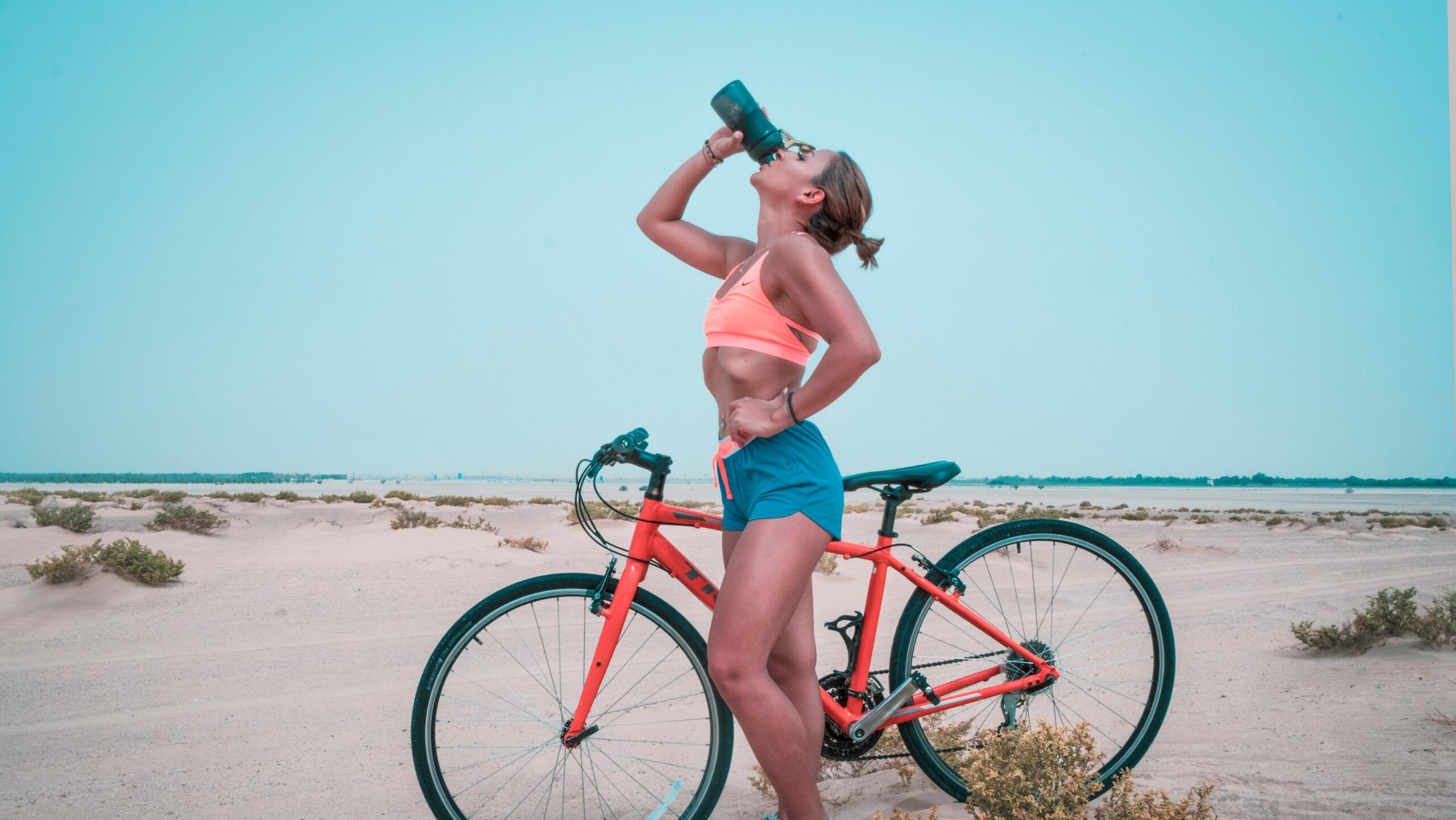
The easiest way to figure out how much water you should be drinking each day is to take your body weight (in pounds) and divide it by 2 and that equals how many ounces of water you should drink per day.
Ex. For me, I weigh 168 lb so 168/2 = 84 ounces.
That means I should be striving to drink 84 ounces of water a day. 1 liter has almost 34 ounces so I should drink around 2.5 liters per day.
If your number seems like a high number, you can work up to it.
If you’re worried about having to go pee more, you will but that isn’t a bad thing. Urine is a waste product, it is what your kidneys have filtered and pulled out of your blood which means going pee is a good way to keep your body healthy and to remove toxins from your system.
On average the TBW (total body water) decreases as people age and according to one study that tends to happen when people get to 61 or older.22 The reason for this is pretty simple, people are gaining more weight (specifically fat) as they age which decreases the overall percentage.
A higher water intake might help prevent weight gain, a study on 50 overweight women had them drink 1.5L extra water a day, 500mL 30 mins before breakfast, lunch, and dinner, and not change anything else. At the end of the 8 weeks, the study participants ended up losing weight and had a lower appetite.23 This weight loss was probably in large part due to them being less hungry and therefore consuming fewer calories so drinking water should be part of a good weight management strategy.
It is crystal clear that hydration is key for feeling good today and helping you retire healthier so ensure you are hydrating adequately each day.
Simple strategies to drink more water with ease.
Exercise:
Moving your body is the most important thing you can do for your physical health, expanding your health span and also decreasing your risk of early death.
Physical activity can drastically improve your mental and emotional health. A study of 1.2 million people found that people who exercised experienced 43% fewer days of poor mental health.24
Regular physical activity helps to prevent cardiovascular disease, stroke, diabetes, and some types of cancer (bladder, breast, colon, endometrium, esophagus, kidney, stomach, and lung25).26 According to the Alzheimer’s Society regular exercise can also lower your risk of developing dementia by 28% and Alzheimer’s by 45%.27
Exercise also improves cognitive function and helps delay the onset of aging-related cognitive decline.28
Some other benefits of regular exercise:29
- Improved sleep
- Better endurance
- Stress relief
- Improvement in mood
- Increased energy and stamina
- Reduced tiredness that can increase mental alertness
- Weight reduction
- Increased interest in sex
- Reduced cholesterol and improved cardiovascular fitness
- Increases insulin sensitivity
- Improves blood pressure
- Reduces anxiety
- Decreases risk of developing depression
- Prevents osteo
The benefits of exercising are clear and yet most people don’t exercise enough. Less than 25% of Americans met the physical activity guidelines for aerobic and muscle-strengthening and as people get older they tend to exercise even less.
Below is a table showing the percentage of American adults 18+ who met the 2018 physical activity guidelines for aerobic and muscle-strengthening activities, by sex and age: 30
| Age Range | Women | Men |
| 18 – 34 | 28.7% | 41.3% |
| 35 – 49 | 22.7% | 29.4% |
| 50 – 64 | 17.6% | 21.6% |
| 65+ | 10.8% | 15.3% |
The guidelines are at least 150 minutes per week of moderate-intensity aerobic activity OR 75 minutes of vigorous-intensity aerobic activity and 2 days a week or more of a muscle-strengthening activity of moderate or greater intensity involving all major muscle groups.31
Click here to learn how to determine your aerobic activity intensity
Do you currently hit these every week? If not, you need to start making some serious changes because you are seriously hampering your ability to retire healthier.
It doesn’t matter how old you are, it is never too late to start exercising. Start exercising ASAP (disclaimer: talk to your doctor before starting any exercise program).
The harsh truth is when it comes to your physical capabilities “if you don’t use it you lose it.” For example, in the first 6 years of exercising, I never stretched. Then one day I tried to bend over and touch my toes and couldn’t (truthfully I could barely touch my knees). I thought “I used to be able to, what happened?” It was because I wasn’t using that range of motion so gradually I lost it.
Your body is adaptable, it adapts and changes based on what you do with it. The good news is, by reintroducing stretching into my routine I can now touch my toes again. Making changes makes a difference. That is why if you do strength training (properly) you will gain strength and can gain muscle (if your nutrition supports that goal).
Staying active is key to maintaining your healthspan and what you want to be able to do as you go through life should determine how and what you should do for physical activity.

No matter what age I am I want to be able to play sports well, hike, dance, and move my body pain-free. For me to do this I need good mobility, healthy joints, strong functional muscles so I can produce adequate force, muscular stamina, and good aerobic capacity. My exercise is centered around these things, my typical week for physical exercise looks like this…
- 10,000+ steps/day to achieve this I walk my dog 3x / day, typically a medium walk in the morning, a short walk at lunch, and a longer walk in the evening, I try to walk briskly to increase my HR and get my HR above 100 beat/minute then I move around during the day to get extra steps. I wear a Fitbit to track my steps.
- I strength train 3-4x/week either doing full body sessions or a push/pull split.
- In warmer months I will go on 1 hike each week (to keep an elevated heart rate and challenge my body), during winter I will put on music and dance for an hour or more with my wife keeping my HR elevated. I also use my Fitbit to help track my heart rate (HR).
- 1-2 more intense cardio-focused sessions per week, this could be running outside in the warmer months, in the colder months I play hockey 1x/a week and purposely skate hard when I am on the ice to raise my HR, otherwise I will do an interval session on a Stairmaster (I will sometimes do this after my strength training sessions).
- 3-5x/week mobility-focused work, these are shorter sessions usually only 10-20 minutes, and are done during my lunch break or in the evenings while watching TV, listening to music, or reading a book.
Now this is not what you need to do, it is what I do to reflect on what activities I want to be able to do throughout my life. I find it currently works well for me and helps me feel good mentally, emotionally and, mentally and that is a key for exercise, it should make you feel better short term and long term.
What does that mean in the short term?
For me, if I don’t exercise for several days I find myself becoming more frustrated, unhappy and, annoyed with the world around me so I exercise for my mental health as much as I do for my physical health.
Exercise can lead to something called DOMs (delayed onset muscle soreness) which doesn’t make you feel amazing because muscles are sore but I still prefer this to feeling stiff and sore because I haven’t moved regularly.
Other short-term benefits are increased energy, better sleep, better hormone function, increased strength, more muscle, less body fat, more self-confidence, more resilience, etc.
So what should you be doing for exercise?
Ideally, you can hit the guidelines of 150 minutes per week of moderate-intensity aerobic activity OR 75 minutes of vigorous-intensity aerobic activity and 2 days a week or more of a muscle-strengthening activity of moderate or greater intensity involving all major muscle groups. This is a wonderful starting spot. Then, if you can, adding in more activity is usually better. Getting a mix of moderate-intensity aerobic work and vigorous-intensity aerobic work is a wonderful way to challenge your heart (it is a muscle) as that will benefit your VO2 max (more on why that is important later).
What aerobic activity you do what muscle strengthening activities you do and how you do it should again depend on what capabilities you want to have when you get older. For example, if you want to be able to carry your groceries then you need core strength, grip strength, and leg strength with the ability to bend over, pick up heavy loads, and carry them for a distance. Your exercise routine should make you feel better and live better (and if you’re vain like me – look better naked too).
If you are older or have chronic issues that don’t allow you to get the 150 minutes then you should try to be as physically active as possible. Also, it would be a great idea to do some balance work. Falling is a huge issue for older individuals and having appropriate balance and coordination to avoid falling is vitally important. To stop yourself from falling you need strength, coordination, and reaction time. To maintain or build that strength you need to be doing some form of strength training and this is vitally important to do throughout life and to prevent the detrimental effects of aging.
When you age you lose muscle and it becomes harder to maintain your muscle mass.
“Muscle mass decreases approximately 3–8% per decade after the age of 30 and this rate of decline is even higher after the age of 60. This involuntary loss of muscle mass, strength, and function is a fundamental cause of and contributor to disability in older people. This is because sarcopenia increases the risks of falls and vulnerability to injury and, consequently, can lead to functional dependence and disability.”32
Preserving and building muscle and strength are directly vital to healthspan.33 When you lose these you lose your independence and your ability to do your daily tasks like walking up and down the stairs, not falling, performing household work, and doing the things you take for granted until your ability to do them is gone.
No matter what your age you can build some muscle, however as you age it gets more difficult.34 That is why it is important to start now so you can maximize the time you have to build some muscle and strength and preserve the muscle you currently have.
The best way to build muscle is strength training. Strength training is also known as resistance training or weight training, however, you don’t need external weights as you can do strength training with your body weight.
Strength training is for everyone no matter your age or sex. There is a myth that if women use weights they will end up looking bulky, this is resoundingly false. I have trained lots of women and no one has ended up looking bulkier because of lifting weights. My wife has been lifting weights for almost 10 years now and is the opposite of bulky.
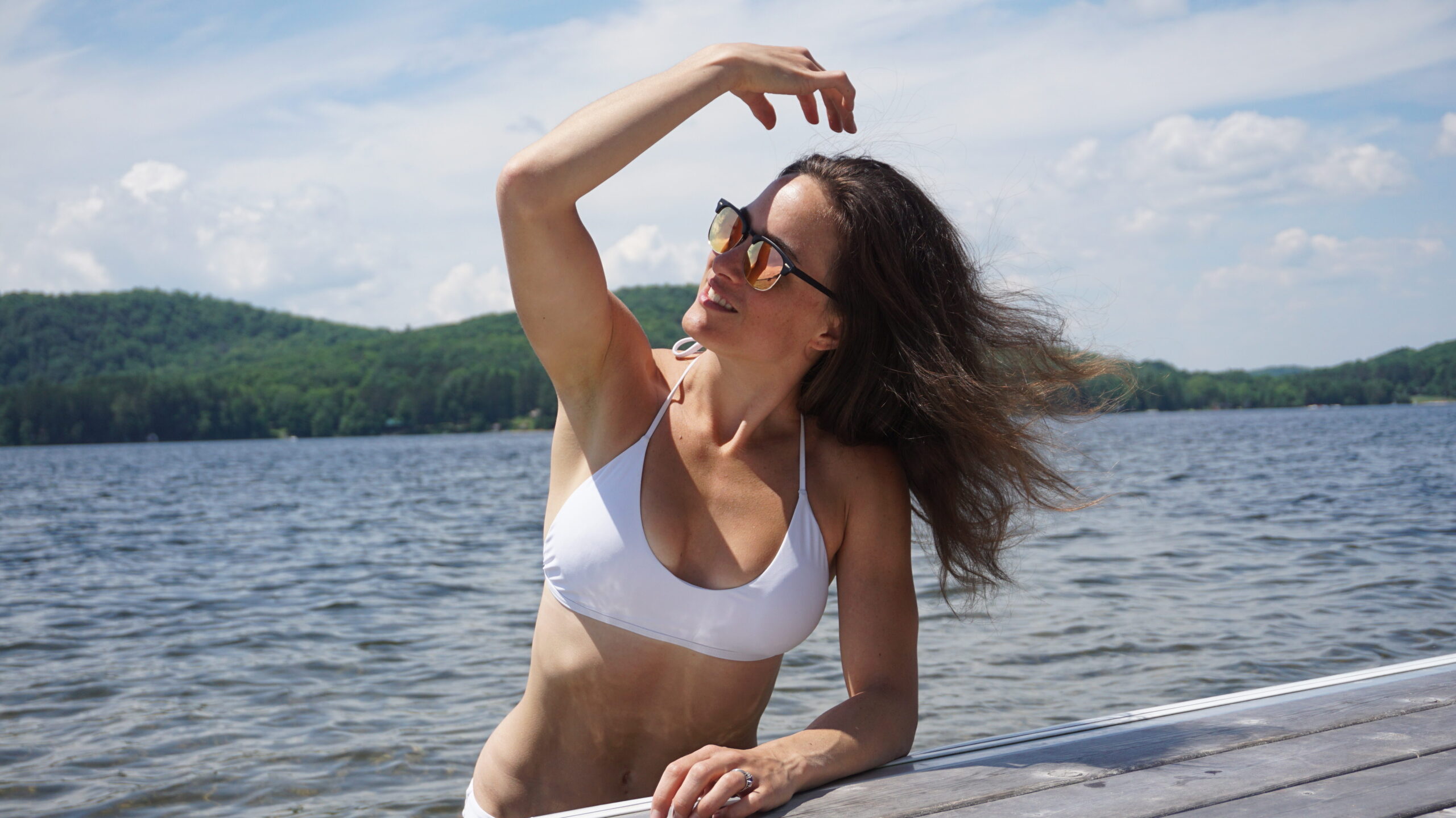
Using weights is a great way to strength train, you can use dumbbells, barbells, kettlebells, machines, etc and it can be a great way to build muscle burn fat, and improve your body composition and how your body looks and feels. Muscle is 15% denser than fat so replacing fat with muscle will make you look slimmer. NOTE: physique changes still depend a lot on nutrition but strength training helps to provide the stimulus for maintaining muscle and building it.
When it comes to strength training your #1 goal is to challenge your muscles, not your ego. Exercising smart is critical, getting hurt can set back your health journey significantly.
I played ultimate frisbee in high school and throughout university then I took 10+ years off and then signed up for a team with my wife. In our second game, we were down big. I was frustrated, and one of my teammates threw it to me but he threw it too far so I tried to put an extra burst of speed and POP… I go down like a bag of bricks. My leg is on fire and I am in a lot of pain. I could barely walk for 5 weeks and it took months for my leg to feel normal again.
I listened to my ego and got hurt. Learn from my mistake, be smart, and ramp up your effort and intensity, do not go from 0 to 100. That is what gets people in trouble.
Don’t let this scare you off exercise, no matter how out of shape you are you can start somewhere, and being smart drastically lowers your risk for injury. The other side is being too scared to start exercising which leads to a higher mortality rate and a lower healthspan.
To exercise effectively, it is vital to understand there is a big difference between discomfort and pain. Learning this distinction is key, discomfort stops after you stop the movement, like walking up a lot of stairs, your legs burn, but after you stop within a couple of seconds or minutes your legs will feel pretty much back to normal other than maybe a bit tired.
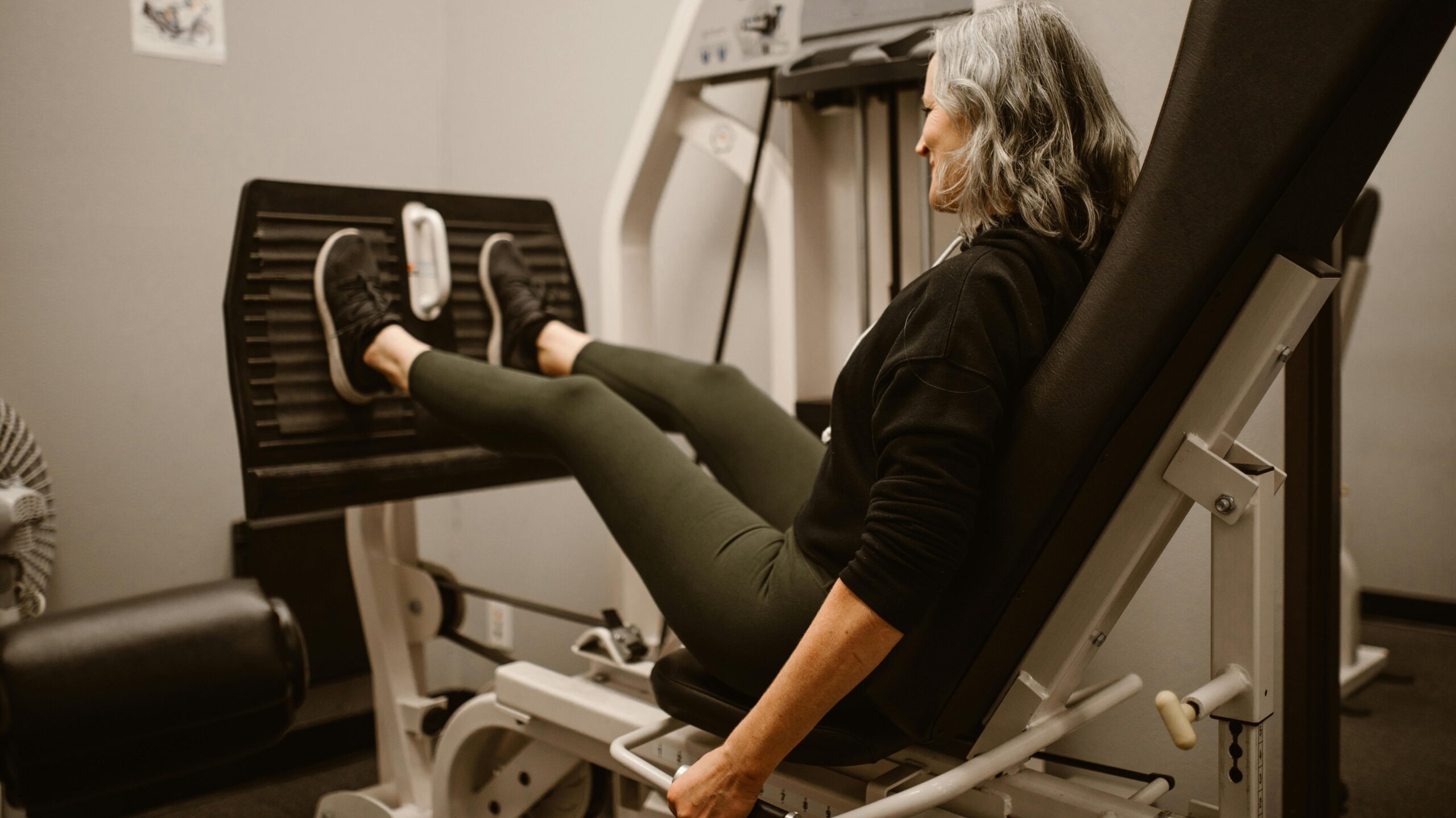
Pain on the other hand is usually very sudden and is a key indicator to stop, don’t push through pain, pushing into discomfort though can be good if done with intention, not ego.
Note: If you feel pinching in a joint that is an indicator of pain, do not push through that range of motion.
When you are challenging your muscles you will feel discomfort. That is ok and that is what you want. If you are uncertain or unsure about starting an exercise program, hiring someone to help (like me) can be extremely useful.
We’ve established that you want strength, coordination, balance, and muscle. You can accomplish all those through some form of strength training. You also ideally want a decent VO2 max as well which means you need to do more than just strength training.
A study of over 122,000 people found that the worse your cardiorespiratory fitness was the higher the risk you had of death and as people’s cardiorespiratory fitness increased their risk of death decreased.35
VO2 max is a measure of your cardiorespiratory fitness so if your VO2 max increases your risk of death decreases. The best way to increase your VO2 max is to do exercise that increases your heart rate and makes you breathe harder.
Dr. Andy Gaplin who is a professor of kinesiology and has worked with some of the top names in sports recommends the following for increasing your VO2 max.36
- 75% of training should be done in the 60-80% of your maximum heart rate
- 20% of training should be done at 80-90% of your maximum heart rate
- 5% of training should be done at 90%+ of maximum heart rate
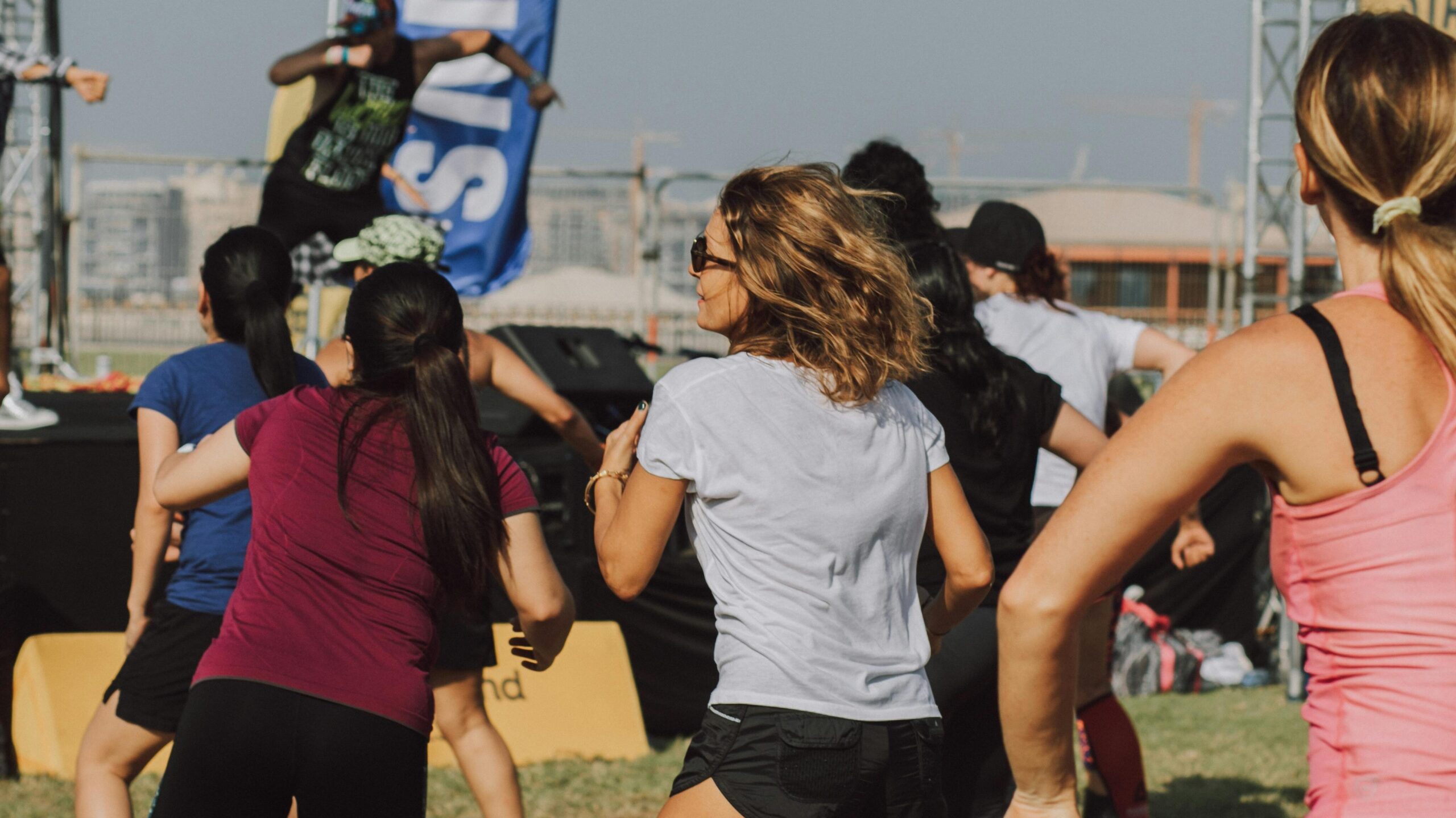
How do you determine your maximum heart rate?
Minus your age from 220.
Ex. A 50-year-old → 220 – 50 = 170 max heart rate. This is in beats per minute (BPM)
This isn’t 100% accurate as we are all different but it is an easy way to get an idea of your max HR.
For this 50 year old that means 70% of training would be done between 102 – 136 BPM. 20% of training between 136 – 153 BPM and 5% of training above 153 BPM.
The more time you spend training in the higher heart rates the more recovery you will typically need which is why having the majority of your training in the lower HR zone is key because that helps you stay active without needing a lot more recovery.
Regardless of your age, you can increase your VO2 max so there is no excuse to not try to improve it.
Another reason it is important to spend time training in these various ranges and integrate strength training is that it is estimated that 40% of people are stubborn responders to exercise. However, when the training intensity, frequency, and training modes are switched up stubborn responders no longer exist.37
This means if you are not seeing progress in your training (for example – if you’re not gaining strength, don’t feel your cardio is improving, etc.) you should ask yourself some different questions.
- Are you being consistent? Or do you do a week or day of exercise and then take a month off?
- If yes then, are you doing a variety of types of training? Like only cardio and no strength training or only strength training and no cardio?
- If yes, then are you challenging yourself during your training? For example, for strength training do you take your movements close to failure?
- If yes, then are you increasing the challenge of your training (if possible), for example trying to go for a slightly longer run this week, or adding 1lb, adding a rep, etc.?
- If yes then, are you adding a variety of intensities to your training? (see the guide from Dr. Andy Gaplin above)
- If yes then, are you tracking your exercise so you know all of the above answers were actually true?
Exercise is all about the dose, you want enough but not too much. From the people I have worked with, and talked about exercise with, 99% of people are in the not enough exercise group rather than the too much exercise group.
The key is recovery and this doesn’t mean trendy things like cold plunges or saunas (even though they do have some benefits but should not be the cornerstones of your wellness plan). Recovery is dictated by exercise intensity (the higher the intensity the more recovery you need), nutrition (are you eating well and getting enough protein) and sleep (are you sleeping enough and have a good sleep quality).
Listening to how you feel is a great way to know if you need to lighten the load or not. If you wake up feeling beat up then it could be a good idea to change up what your plan is for the day, taking a rest day or doing some moderate-intensity exercise instead of high-intensity exercise.
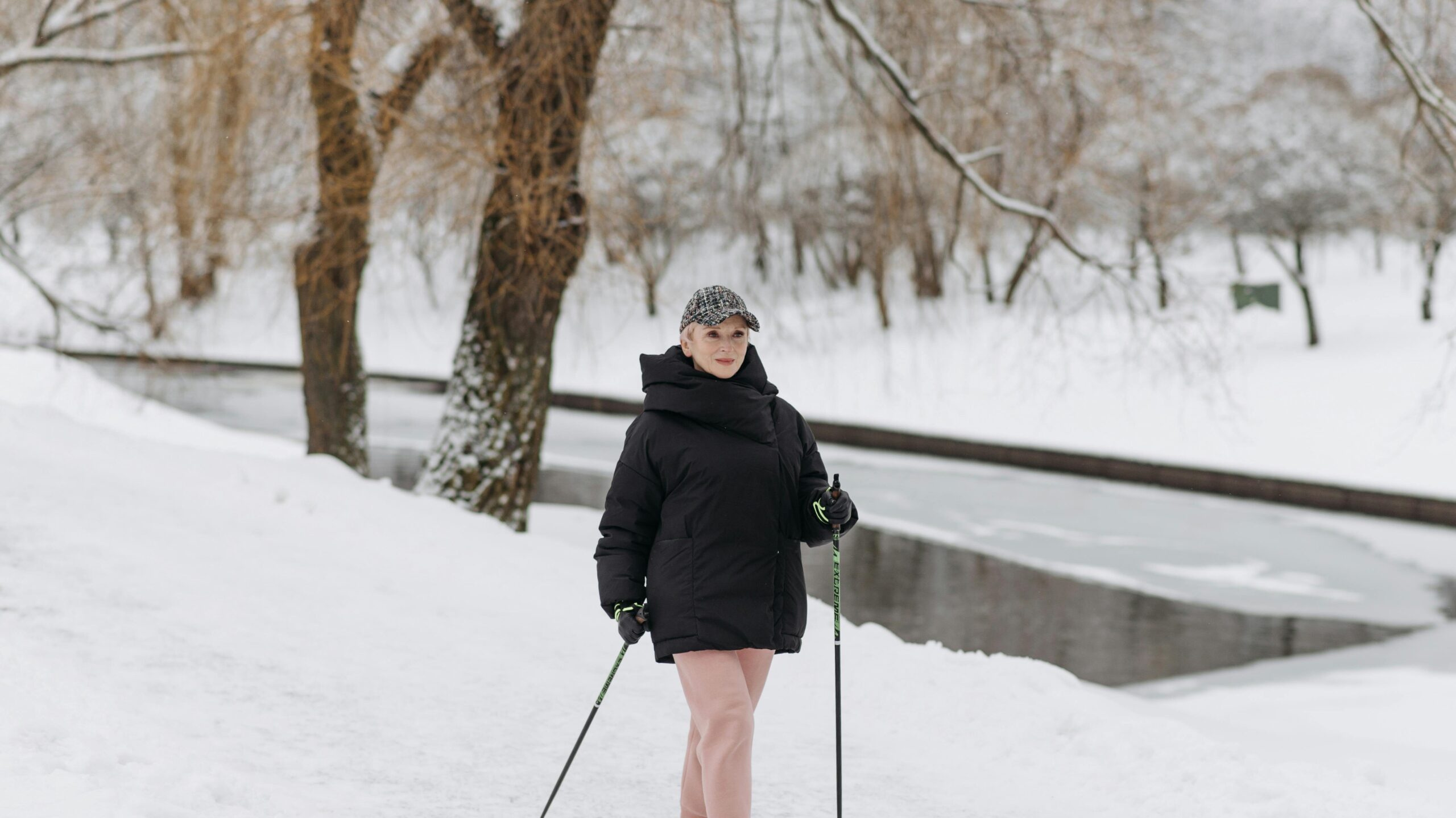
When it comes to starting or revamping your exercise plan the best way I have found for myself and clients to stay consistent is by integrating something I call FATE.
Regular exercise is vital to allowing you to retire healthier and feel better in the short term as well.
Often I hear people talk about how they are tired and don’t have the energy to exercise so they don’t. The reality is not exercising makes you more tired, not less. This is due to one of the adaptations of exercise which is the creation of new mitochondria (called mitochondrial biogenesis). This is important because mitochondria produce energy for you.
“Particularly, exercise promotes mitochondrial biogenesis, leading to increased metabolic rate, energy expenditure, and fat utilization. This increases whole-body metabolism and helps prevent metabolic disorders.”38
If you want to be more energized and feel better in the short-term, while also increasing the likelihood you’ll retire healthier than you must consistently exercise.
Figure out a routine that works best for you, your goals, and your life and if you need support, accountability, and/or a program to get yourself going then click here so I can help.
Mental & Emotional Well-Being:
What is the point of feeling good physically now and in the future so you can retire healthier if your mental and emotional health is a raging dumpster fire?
Having good mental and emotional health doesn’t mean you are happy all the time but it does probably mean you are happier more on average and being happier does seem to protect against illness and your body has a better immune response when you’re in a good mood.39
Other research shows that happier people tend to live healthier, they exercise more and eat more fresh vegetables and fruits.40
Happier people tend to live longer but according to research, this isn’t because they are happier it is because they have better mental/emotional health and better physical health.41
Knowing this we can logically conclude that better mental, emotional, and physical health helps you live longer and happier too.
Healthy behaviors (exercising, eating well, etc.) can improve lifespan and healthspan but being happier doesn’t necessarily have that impact.
That means if you want to retire healthier do not make your goal “happiness” rather make your goal to implement more healthy behaviors. Increased happiness is then a by-product of those healthier habits.
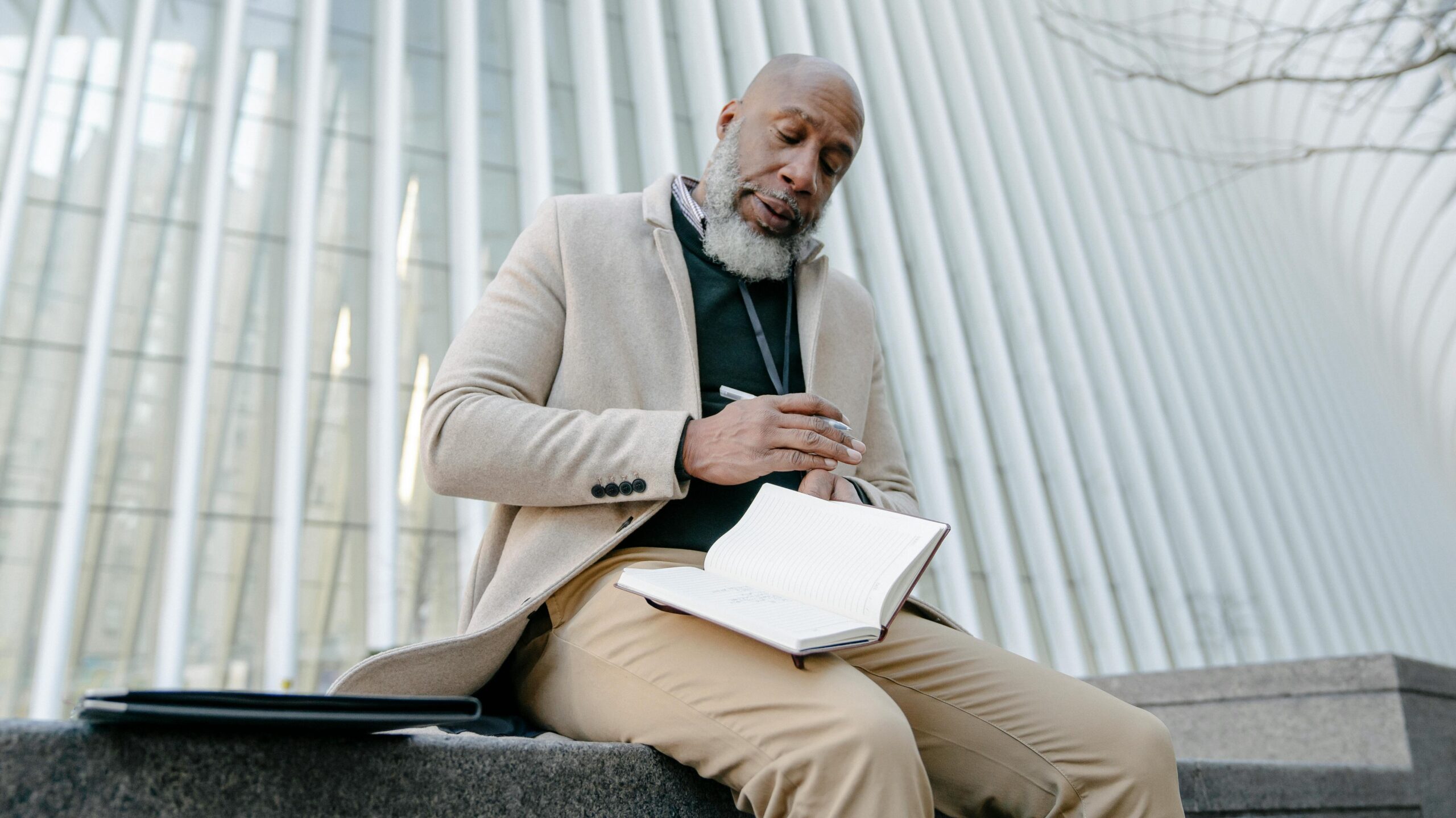
I haven’t always had the best mental and emotional health and I would be lying if I told you my mental health and emotional health were incredible every moment of the day, however, it is much better than it used to be and that is due to a variety of things I have implemented that can help you too.
One of which is dispelling the myth that the goal in life is to be happy all the time. I spent years trying to be a happier person and it honestly made me more miserable because I was constantly focused on being happy so when I wasn’t happy I was hyper-aware of it and extremely judgemental of myself which led to a downward spiral of negative self-talk.
You are not meant to be happy all the time, that is not how humans are wired, and that is not how I think life should be lived. Moments of sadness, anger, frustration, worry, etc. can be beautiful and these feelings will come up so to label these as “bad” is harmful because that means every moment you aren’t happy is therefore a “bad” moment which leads to a lot of unnecessary suffering and mental anguish.
I am not arguing that being in a shit mood all the time is wonderful, no it sucks. Rather one of the big things that impacts our mental and emotional health is our self-talk. If your self-talk is centered around vilifying your own emotional experience then you won’t let yourself enjoy the emotional experiences that come up and that can lead to emotional suppression which is not good for emotional and mental health.
As a world, we need to become more emotionally intelligent and you can start to develop your emotional intelligence so that you have better emotional and mental health. The other major levers of health that are being explored in this article also play a big role in mental and emotional well-being like exercise,42 nutrition,43, and sleep44 but there are impactful things you can do to help your mental and emotional health.
Statistics show that the 3 age groups with the highest suicide rates in 2022 were people 85 years or older, people between 75-84, and people between 45-54.
I find this terrifying that the risk of suicide gets worse as we age. Research shows that there can be a sharp decline of life satisfaction around the age of 7045 some of which is due to the worsening of health. So working to preserve your healthspan is vitally important but that can’t explain it all because the group with the 3rd highest suicide rates are people between 45-54. So, what can be done to improve mental and emotional health other than nutrition, physical exercise, and sleep?
The first step is taking your mental and emotional health seriously. I encourage you to view this section as just as imperative as the others for you to retire healthier because even if your mental and emotional health are great now that doesn’t mean you can’t struggle in the future especially if you don’t take steps now. Everyone struggles sometimes and grappling mentally and/or emotionally does not make you weak, it can get better even though it can feel like it might not when you’re going through it.
I have suffered from depression numerous times in my life and it is miserable, lethargy, apathy, and a lack of care about everything, everyone, and yourself – it sucks. I have come close to ending it, but I haven’t and I am grateful. I think the healthy habits I have worked to foster have helped me get through these dark periods of life and out to the other side.
If you are currently struggling I want you to know you’re not the only person who has ever felt that way – seek help from friends, family, and professionals to get you through. I might not know you personally but if you are reading this then I truly deeply appreciate you and keep going, you can make it through.
One thing you can do to improve your mental and emotional health is to adopt mindfulness practice. Research has shown that implementing a mindfulness practice can lower stress,46 anxiety47, and depression.48
A study took 16 people through an 8-week mindfulness course and had them do a daily mindfulness practice and took MRIs of their brains before and after the intervention. There was a 17-person control group (who did not change their behaviors during these 8 weeks) and they compared the results. Here is what they found about the mindfulness intervention group:
“At the end of the eight weeks, they felt more capable of acting with awareness, observing, and remaining nonjudgmental. The MRI images showed that the meditators (but not the controls) had increased concentrations of gray matter (the “computing” or processing neurons) in several brain areas, including the hippocampus (a deep brain structure important for learning, memory, and the regulation of emotions) and other regions associated with remembering the past and imagining the future, as well as with introspection, empathy, and the ability to acknowledge the viewpoints of others. The authors suggested that these changes may be beneficial because of their impact on the synthesis of neurotransmitters (particularly serotonin and norepinephrine) that influence mood. In an earlier study of the same participants, the researchers had found that meditation practice reduced the concentration of gray matter in the amygdala, a region associated with fear, anxiety, and stress — and that this reduction was correlated with lower stress levels.”49
To be fair this is a relatively small group of people (only 16) but a good gauge of whether something is worth our time and effort is if the results can be repeated and it has been shown time and time again that mindfulness improves mental health.50
There are other benefits to mindfulness too, for example, it has been shown to increase your ability to stick to a healthy diet51 and it can even lead to a lowering in blood pressure.52 53
Mindfulness is being fully present at this moment right here rather than being lost in our thoughts. There is a common misconception that mindfulness is stopping thoughts from happening, but that is not the case. Often as humans, we have random thoughts (like intrusive thoughts) pop into our heads, you can’t help that but you can practice choosing a point of focus in the present moment and working to keep that focus here and now.

By integrating a mindfulness practice you’ll live a better healthier life and there are many different ways you can start a mindfulness practice. Here is a good article describing a variety of mindfulness techniques you can do.
Let us do a quick mindfulness practice here together called the 5-4-3-2-1 method.
Name 5 things you see right now
(ex. Light switch, pink flower on my coffee mug, water bottle, picture of family, full garbage can).Then name 4 things you can feel right now
(ex. Butt on a chair, sweater on the upper back, feet on the ground, and headphones on my ears.)Then name 3 things you can hear right now
(ex. Drums in the song I’m listening to, my exhale, the clacking of my keyboard)Then name 2 things you can smell right now
(ex. Coffee, laundry detergent on my sweater)Then name 1 thing you can taste right now
(ex. The remnants of coffee)
Mindfulness practices like this can be easily integrated into your days. You can also choose to do longer mindfulness practices like meditation either guided or on your own. Again I think it is important to reiterate that meditation is not about stopping thoughts but picking a point of focus like your breath, your heartbeat, etc., and bringing your focus back to that point when/if you get distracted by random thoughts.
I have been meditating for almost 10 years and still get distracted by thoughts but it isn’t about being perfect that is why it is called a meditation practice. Be kind to yourself.
At one point I got frustrated with meditation and stopped because I didn’t feel like it was doing anything for me. Over the next month, I was more frustrated, annoyed, stressed out, and generally felt worse mentally and emotionally. I took some self-reflection time and asked why this was and realized the only real thing I had changed was I stopped meditating. I got back into the habit and things improved. That is the thing with meditation, you probably won’t sit down for meditation and step into a euphoric state but it creates this subtle positive ripple effect across your life so it’s worth a small investment of at least 5 minutes a day.
Another important factor for maintaining your health and well-being as you age along with your emotional and mental health is maintaining and fostering positive social connections. The key word there is positive social connections.54 Research has shown that having positive social connections reduces mortality rate while having negative social connections increases mortality risk.55
Before COVID I volunteered to spend time in person with an older woman every week with health and mobility issues. The organization that helped set it up did this because they knew the importance of social connections for well-being.
To determine if a social connection is positive or negative you can ask yourself questions like: is this person supportive, and understanding, do they add more to your life rather than taking away, etc? What you want to do is foster more positive social connections and limit negative social connections. This is tricky because if you trying to think about who in your life is a positive or a negative connection it isn’t black and white there are shades of gray. People are people and sometimes they can be a positive connection and sometimes negative. Also, this framing can make it seem like it is all “them” when in reality it can be us.
For example, if you interact with someone with a harsh tone, it can cause them to react negatively. Is the negative interaction their fault or was it yours because you started it with your harsh tone? This is not to say it is always on you, a positive relationship can include “negative moments” but ideally you foster healthy communication and work through those moments to create a more supportive relationship overall.
There are people I’m sure you can think of right now that have overall negative social connections, and sometimes positive social connections can turn into negative ones over time and vice versa. People are people and people change, some for the better and some for the worse, you’ll also change so you might as well do it intentionally and try to change for the better.
If you want to retire healthier the important thing is to try to foster positive social connections. This might mean working to turn currently negative social connections that you aren’t willing to lose into positive connections and that might require sitting down to talk about what is going on, going to couples therapy, etc. If you are not willing to lose that person then you need to take responsibility to make the relationship better and if you are not able to make it positive at least try to make it neutral.
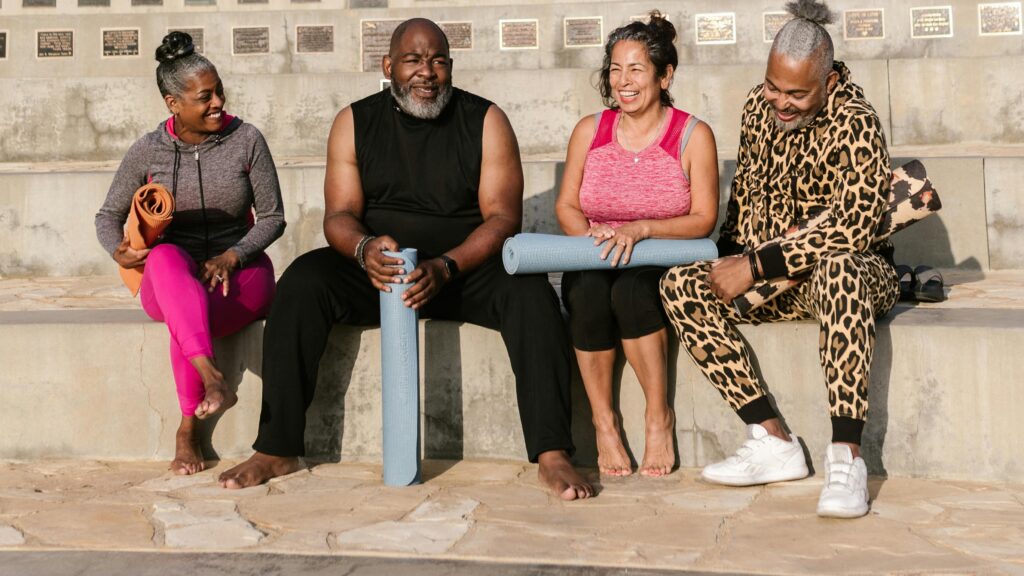
There is also always the opportunity to meet new people who add to your life. A great way to do this is to look for activities that the type of people you want to interact with do and go do them in a group environment and introduce yourself. It is remarkable the impact of going first and saying hi to someone (as a more introverted person this can be scary but worth it!).
These positive social connections also don’t necessarily need to be human as some research suggests that pet ownership might be good for those with mental health issues56 but other research suggests it might not be.57 However, pet owners do tend to be more physically active which we know does improve mental and emotional well-being. Also, petting an animal lowers markers of stress and that can improve mental and emotional well-being.58 For me, being a dog dad has improved my mental, emotional, and physical health.
Spending less time on social media might also be a good strategy for improving mental and emotional well-being as social media use has been associated with depression. Research shows the more you use social media the higher risk you have of depression.59 Therefore, it can be a good idea to limit your social media intake.
Instead, do something creative that isn’t just passive consumption. The arts have been used as an effective and useful form of therapy and of self-expression improving mental and emotional well-being.60 There are 4 main avenues you can explore.
Music – playing an instrument, listening to music, etc.
Visual arts – painting, digital art, photography, video or photo editing, video creation, etc.
Writing – journaling, writing a book, writing a skit, etc.
Movement-based – dancing, playing a game, etc.
Finding out what activities you enjoy is a great way to stay mentally sharp as you age but also to keep your mental and emotional health top-notch.
In our world of easy consumption, it is easy to let our time get pulled into “junk” consumption like scrolling social media or binge-watching a TV show and these can be fine to do in moderation but these don’t improve the quality of life metrics. Taking time to foster other interests outside of these is vitally important and helps us be able to retire healthier.
There are so many things you can do to improve your mental and emotional well-being here are just a few others:
- Bright light therapy61
- Therapy
- Set boundaries
- Play (a game, an instrument, with a pet, child, grandchild, etc.)
- Time in nature
- Looking at pictures or videos of natural landscapes
- Freeing up time
- Saying no more often
- Less screen time
Sleep:
When I was in university one of the teaching assistants gave my study group a talk about how sleep was a waste of time and that if you sleep for 8 hours a night you spend ⅓ of your life sleeping. He thought that was ridiculous so he told us all he slept for only 4 – 5 hours a night instead.
That was truly awful advice because sleeping is one of the most important things you can do to retire healthier.
Sleep is a major issue for most people, a recent Gallup poll showed that 57% of Americans feel like they aren’t getting enough sleep and think if they got more they would feel better.62 Another recent survey, this time a global survey by ResMed, showed that 40% of respondents get no more than 3 good nights of sleep a week.63
There is a sleep epidemic and alarm bells need to be going off because this is a massive issue for our society because not getting consistent high-quality sleep increases your chances of a premature end to your healthspan.64 Also, not getting enough sleep is associated with a variety of adverse health outcomes like cardiovascular disease, obesity, type 2 diabetes, neurodegenerative diseases, cancer, stroke, etc., and an increased risk of dying.65 With such a large number of people not getting enough sleep and not getting quality sleep this means there will be higher rates of disease which puts a greater strain on worldwide healthcare systems.
We need to stop romanticizing this “I barely sleep” lifestyle. Sleeping is cool, you perform better mentally, and you feel better emotionally and physically as well. Imagine a world where this was a norm, we would have a happier, more productive world.
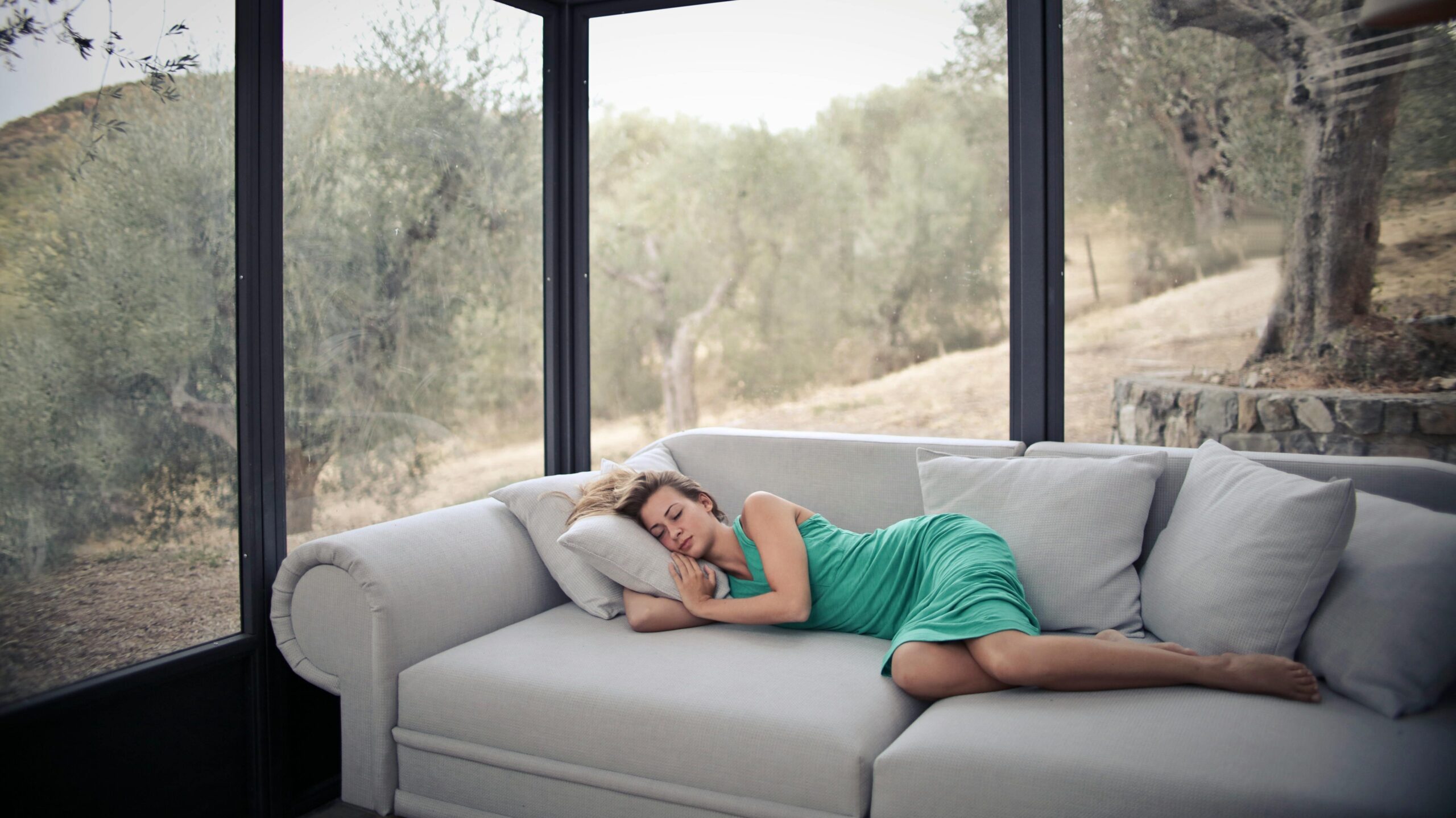
So how much sleep do you want to get? For most people that is between 7-9 hours of sleep a night.
Getting too little sleep isn’t good but getting too much sleep (over 10 hours a night) has also been shown to be harmful. NOTE: I am talking about adults, not children or teenagers as they need more sleep since they are growing.
You ideally want to be in the 7 – 9 hours range of sleep a night but you also want to make sure these are quality hours of sleep.
There are a variety of tactics you can implement to improve the quality and quantity of your sleep.
Make the room dark while you sleep, the darker the better. You can do this by getting blackout blinds or curtains and removing sources of light in your bedroom like a nightlight. If it is not possible to make your bedroom super dark, then use a sleep mask.
You also want to make it darker before bedtime, this can include dimming the lights and putting the screens away a couple hours before bed. Melatonin is a hormone our brain produces in response to darkness and bright light inhibits the production of melatonin which can make it harder to fall asleep. Some research has found that looking at screens before bed can decrease sleep quality and quantity.66
“Exposure to the light of white LED bulbs, it turns out, suppresses melatonin 5 times more than exposure to the light of high pressure sodium bulbs that give off an orange-yellow light.”67
Therefore, if you are like me and have yellow/orange light bulbs and white LED bulbs in your home it is best to primarily use the yellow/orange light emitting bulbs closer to bedtime.
If you are going to use screens before bed then lower the brightness as much as you can if possible.
One of the things melatonin does for us is drop our core body temperature. We can help improve our sleep by lowering the temperature in our sleep environment to make it on the cooler side. You don’t want it too cool that you can’t sleep.
Another important thing is making sure your sleeping quarters are quiet or if that isn’t possible (ex. noisy neighbors) use consistent noise like a fan or a white noise machine. My wife is typically a light sleeper so having a fan on during the night helps her get a much better quality of sleep. This is individualized, for some people, it can help especially if you live in a noisy area or home, for some no noise at all is the better option.
Avoid caffeine in the afternoon, the average half-life for caffeine in healthy individuals is about 5 hours which means that if you had caffeine at 5 pm then ½ of that caffeine would still be in your system by 10 pm. Now this half-life differs by individual and can range between 1.5 – 9.5 hours.68 The more sensitive you are to caffeine the further away from sleep you should have it. I try not to have any caffeine after 2 pm… ok fine it’s honestly more like 3 pm but I find this doesn’t affect my ability to fall asleep quickly and deeply. My wife likes to joke that I’m usually asleep by the time my head hits the pillow.
Sticking to a sleep schedule can help, go to bed and wake up at the same time each day. People typically have a difficult time adjusting to changes in their sleep schedule. By having set times you are telling your body this is the time we get sleepy and rest and this is the time we wake up and get going.
Avoid alcohol before bed as it will keep you in the lighter stages of sleep and out of rapid eye movement (REM) sleep. REM sleep helps with emotional processing and memory formation so it is critical to get enough REM sleep each night for overall cognitive health and mental and emotional well-being.
Relax and unwind before bed, the biggest reason people say they have a hard time going to sleep is because of anxiety and worry. Giving yourself time to relax before bed can help to let go of some of this stress. To do this you could meditate for 5-10 minutes before bed to let yourself settle and let your mind run itself out.
You also want to avoid stress before bed as stress can amp up your system. There are a variety of things that can make you stressed so knowing what does and doesn’t is important so you can avoid those stressful triggers a couple of hours before bed like looking at work emails or stupid people’s opinions on social media. Stress increases the release of a hormone called cortisol and you want cortisol to be low as you try to fall asleep.
“Cortisol has a particular circadian rhythm that is affected by sleep. Based on normal physiology, lower levels of cortisol are present at the initial part of sleep, whereas there is an increase at the end of the sleep period, which reaches its peak just minutes before the individual wakes up.”69
Having a good circadian rhythm improves sleep quality and quantity. One way to do that is to signal to your body when it is morning time by getting sunlight exposure first thing in the morning. Research shows that getting a high level of light exposure first thing in the morning can improve sleep disorders like insomnia.70 The best way to do this is to go outside for a walk shortly after waking because sunlight (100,000+ lux) is much brighter than indoor lighting (typically only 300-500 lux) and therefore being outside has a much more powerful effect.71 Even overcast days you will get much more light exposure than being inside with the lights on.
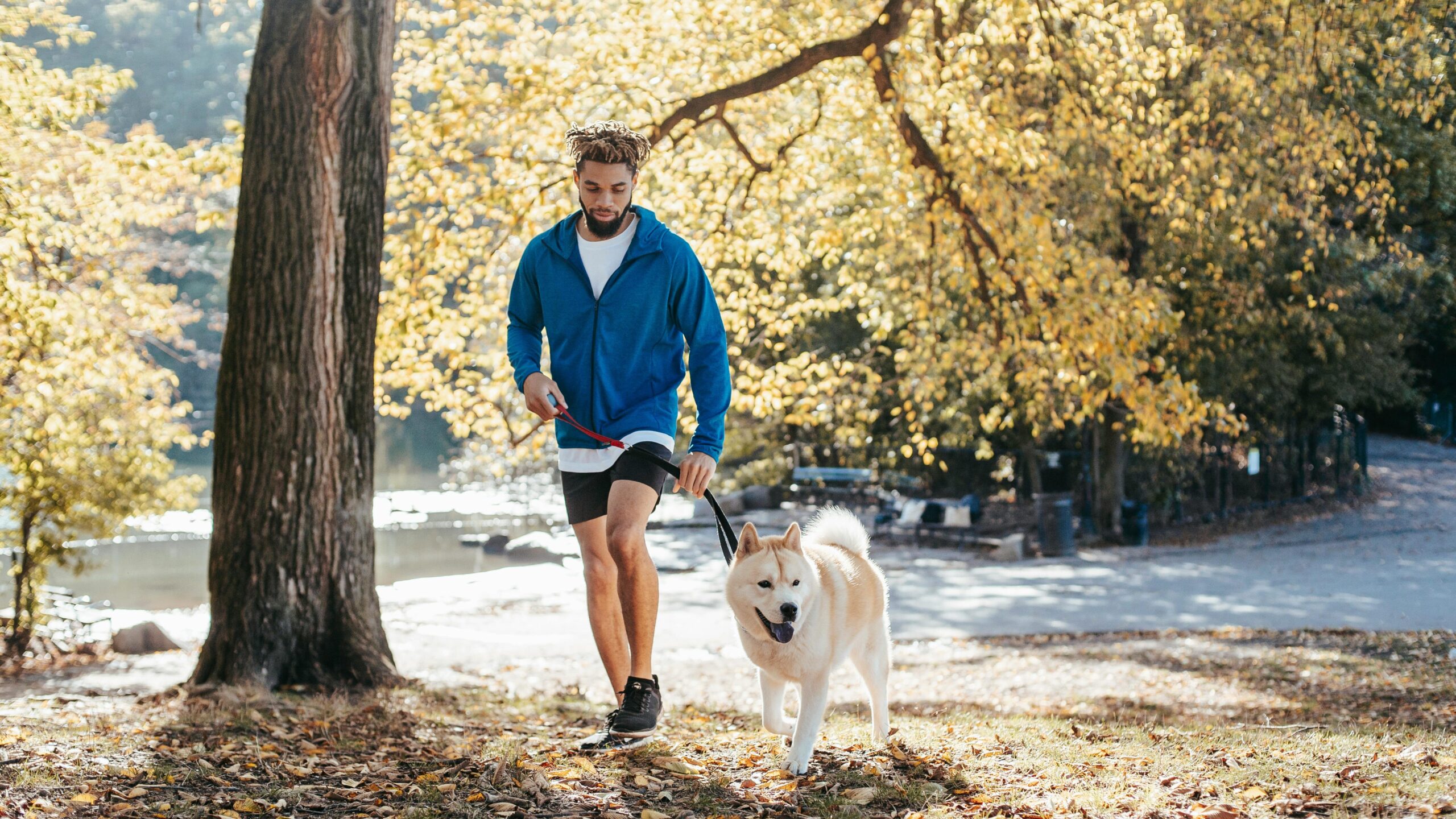
I do this by taking my dog out for a walk within 5-10 minutes of waking but in the middle of winter here in Canada, it is pitch black first thing in the morning so instead I spend 10+ minutes stretching with all the lights on in my living room and a light therapy lamp on that emits 10,000 lux to signal to my body hey it is morning time.
Where I live, the sun rises before 6 am for most of May, June, and July. I like to schedule my wake-ups around 6:30 am and at the time of writing my blinds are not blackout blinds so before 6 am it can be extremely bright in my bedroom. Getting that bright light exposure before my wake-up time is not ideal so I use a sleep mask to keep my light exposure minimal during the night and before my wake-up time.
You can also take a hot bath, hot shower, or sauna before bed. This helps to drop your body temperature as the increase in temperature helps to drive blood flow to your extremities and that then helps to drop body temperature afterward. I find this only works for me if I do this at least an hour before bed, trying this right before bed makes me feel too warm and doesn’t give my body time to drop its temperature.
There are times when I am somewhere that doesn’t have air conditioning and it is very hot at the time of sleep. The last thing I want to do is take a hot shower and make the room even warmer so the strategy I use here is very simple: I get an ice pack or fill a water bottle with cold water and ice. and put that somewhere on my body to help drop my core temperature to help me sleep. As my wife can attest when it’s too hot in a room at bedtime I am a miserable human to be around so this simple strategy I have found works extremely well for me.
If you do nap then avoid napping after 3 pm or so as this can make it more difficult to sleep at night. If you find you need a nap every day then it could be due to poor quality sleep at night, not enough sleep at night, chronic dehydration, poor nutrition, or a lack of activity/exercise. I used to get exhausted most afternoons until I realized that it was only on days where I either had a lunch that was very high in fat or had a poor quality sleep the night before. I made my lunches lower fat and improved sleep at night and now I am usually pretty energized throughout the day.
Use naps as needed but if you feel like you can’t live without them take a look at what else might be going on to see if there are other things you can adjust to improve your sleep quality at night or keep your energy up during the day. However, naps are not bad, just don’t take them so late that it negatively affects your nighttime sleep.
Avoid exercising close to your bedtime as this can stimulate you and jack your system up making it harder to fall alseep.
If possible try to avoid doing strenuous exercise a couple of hours before bed, a walk is totally fine. I play in a hockey league where the games range from 6 pm – 10 pm, when I have the late game I find it so hard to fall asleep after because of this very reason.
Avoid large meals, beverages, or snacks late at night. Drinking tons of fluids before bed can disrupt sleep as you get up to urinate throughout the night. Eating/snacking before bed is another very individualized one. I find that some of the time having something before bed at night makes me sleep like a baby but I don’t always and still usually have good sleep. If I eat too much before bed, that typically disrupts my sleep.
Eating a lot before bed can also increase hunger the next day so if you’re looking to manage your weight it might be best to not eat within a couple of hours of bed unless your hunger keeps you from being able to sleep then a light snack could be a good idea. I have some clients who find not eating within a couple hours of bed helps and some find it harms their sleep so see what is best for you.
It can also be best to avoid high-carbohydrate meals or snacks in the evening. Carbohydrates are an important fuel for our body to produce energy and having too many carbs close to bedtime can make you feel physically energized and make it harder to fall asleep. This isn’t the case for everyone and it can also depend on your energy balance.
For myself, having some carbohydrates in the evening does not seem to affect my sleep, however, there are rare times it does. But having too many carbohydrates close to bed without a fiber or protein to go with it can cause blood sugar imbalances and can cause night sweats which can disrupt sleep. It is important to experiment and see what works for you.
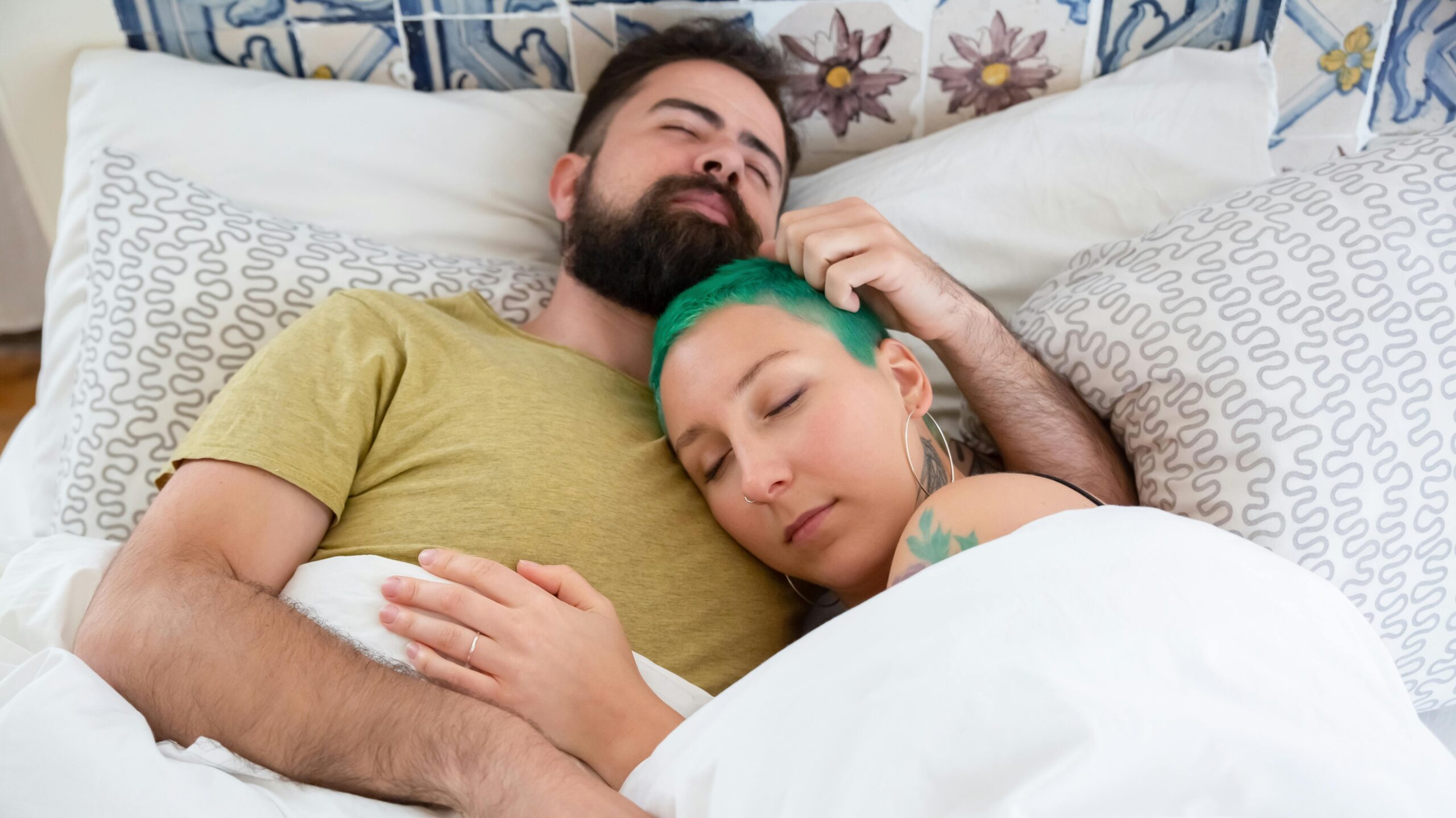
If I am having trouble falling asleep it is often because I am focusing on trying to fall asleep and then that makes me stressed that I am not asleep already which keeps me up. Rather what works well for me and many others is to focus on relaxing. Whether or not you are asleep, you can relax in your bed before you drift off. There isn’t a better situation for relaxation than lying down in a comfortable bed with nothing to do for hours. So treat your bed as the relaxing spot it is and often sleep comes easier.
If you currently have no issues with your sleep quality and quantity then you probably don’t need to change anything but if you do then think about integrating some of the tips above.
Summary:
These are the major levers that you can pull on to improve your well-being, how you execute them depends on you, the individual, because you are unique. You are different from me, your friends, your family, and everyone else – you are biologically one of a kind (unless you’re an identical twin). However, your uniqueness reaches past your biology because your interests, dislikes, habits, social habits, where you live, etc. all come together to create the unique person you are. This means how you execute and implement what I have covered needs to be tailored to you, your unique health conditions, needs, and wants.
As I mentioned during the exercise section, what you want to be able to do physically as you get older might be different from me. Maybe you want to be able to pick up and carry your grandkids which means you need strength to lift 30 lb+. Maybe you want to finally climb Mount Kilimanjaro on your bucket list, which means you need good cardiorespiratory fitness and healthy, ideally pain-free joints.
For your actions to be as effective as possible you need to know the direction you want to go (ie. what does it mean to you to retire healthier?) and what obstacles you want to avoid along the way?
Take some time to sit down and figure these things out:
What are your goals, health and outside of health? (Ex. climb Mount Kilimanjaro, save X for retirement)
How do you want life to look like as you’re older? (Ex. be able to golf, pick up grandkids, hike)
What are your health boogeymen? (ex. Diseases or health problems you have a higher risk of)
Do you have any health issues you are currently dealing with?
Knowing the answers to these questions allows you to make better decisions with your nutrition, exercise, mental/emotional health, and sleep habits so you can retire healthier.
Your health matters, you matter, and the only way to improve your healthspan, to stave off death, and illness, and to retire healthier is by taking action yourself. No one can take these actions for you, no one can retire healthier for you, you need to be the one to exercise consistently and intentionally, eat well, sleep enough, manage stress, etc. Take accountability and responsibility for yourself and your health and get to work but…
Remember the story of the rabbit vs the tortoise – moving forward consistently is vastly more important than moving in a burst and stopping.
Hitting your exercise target for a week and then doing nothing until January rolls around isn’t going to improve your health. I would rather you build up to an exercise target over a month or two and then consistently keep that momentum rolling as you go forward. Consistent action is critical to allowing you to retire healthier, without consistency then you cannot expect consistent positive change to happen.
The hardest step is often the first one but once you take it the second step is usually easier as is the third one, etc. You can take control of your health and well-being no matter where you are right now – I believe in you! You got this – now use this information and go kick your ass so you can Retire Healthier.
Sources:
- https://datacommons.org/tools/timeline#&place=Earth&statsVar=LifeExpectancy_Person ↩︎
- https://www.ncbi.nlm.nih.gov/pmc/articles/PMC8460831/ ↩︎
- https://www.who.int/data/gho/data/themes/mortality-and-global-health-estimates/ghe-life-expectancy-and-healthy-life-expectancy ↩︎
- https://www.ncbi.nlm.nih.gov/books/NBK1211/ ↩︎
- Outlive By: Peter Attia pg 161-162 ↩︎
- https://www.mayoclinic.org/diseases-conditions/lynch-syndrome/symptoms-causes/syc-20374714 ↩︎
- https://www.statcan.gc.ca/o1/en/plus/4547-lifetime-probability-developing-and-dying-cancer-canada ↩︎
- https://newsroom.heart.org/news/more-than-half-of-u-s-adults-dont-know-heart-disease-is-leading-cause-of-death-despite-100-year-reign ↩︎
- https://www.sciencedirect.com/science/article/pii/S0140673616301751 ↩︎
- https://www.ncbi.nlm.nih.gov/pmc/articles/PMC10376324 ↩︎
- https://www.ncbi.nlm.nih.gov/pmc/articles/PMC2835915/ ↩︎
- https://ods.od.nih.gov/factsheets/Magnesium-HealthProfessional/ ↩︎
- https://www.bruceames.org/Triage.pdf ↩︎
- https://www.sciencedirect.com/science/article/pii/S0002916523232694 ↩︎
- https://www.ncbi.nlm.nih.gov/pmc/articles/PMC3735932/ ↩︎
- https://www.thelancet.com/journals/lancet/article/PIIS0140-6736(18)31809-9/fulltext ↩︎
- https://www.dietaryguidelines.gov/sites/default/files/2021-03/Dietary_Guidelines_for_Americans-2020-2025.pdf ↩︎
- https://www.ncbi.nlm.nih.gov/pmc/articles/PMC4207053/ ↩︎
- https://www.ncbi.nlm.nih.gov/pmc/articles/PMC6356561/ ↩︎
- https://www.ncbi.nlm.nih.gov/pmc/articles/PMC7231288/ ↩︎
- https://www.ncbi.nlm.nih.gov/pmc/articles/PMC4207053/ ↩︎
- https://pubmed.ncbi.nlm.nih.gov/37313612/ ↩︎
- https://www.ncbi.nlm.nih.gov/pmc/articles/PMC4121911/ ↩︎
- https://pubmed.ncbi.nlm.nih.gov/30099000/ ↩︎
- https://health.gov/our-work/nutrition-physical-activity/physical-activity-guidelines/current-guidelines/top-10-things-know ↩︎
- https://www.ncbi.nlm.nih.gov/pmc/articles/PMC6304477/ ↩︎
- https://www.alzheimers.org.uk/about-dementia/managing-the-risk-of-dementia/reduce-your-risk-of-dementia/physical-activity ↩︎
- https://bmcpublichealth.biomedcentral.com/articles/10.1186/1471-2458-14-510 ↩︎
- https://www.ncbi.nlm.nih.gov/pmc/articles/PMC1470658/ ↩︎
- https://www.cdc.gov/nchs/data/databriefs/db443.pdf ↩︎
- https://health.gov/sites/default/files/2019-09/Physical_Activity_Guidelines_2nd_edition.pdf ↩︎
- https://www.ncbi.nlm.nih.gov/pmc/articles/PMC2804956/ ↩︎
- https://www.ncbi.nlm.nih.gov/pmc/articles/PMC4268803/ ↩︎
- https://journals.physiology.org/doi/full/10.1152/japplphysiol.00170.2020 ↩︎
- https://jamanetwork.com/journals/jamanetworkopen/fullarticle/2707428 ↩︎
- https://www.instagram.com/p/C8tAR6zx4dI/?img_index=1 ↩︎
- https://www.ncbi.nlm.nih.gov/pmc/articles/PMC9229615/ ↩︎
- https://www.nature.com/articles/s41467-022-28247-2 ↩︎
- https://link.springer.com/article/10.1007/s10902-006-9042-1 ↩︎
- https://www.ncbi.nlm.nih.gov/pmc/articles/PMC5387968/ ↩︎
- https://www.ncbi.nlm.nih.gov/pmc/articles/PMC10354981 ↩︎
- https://www.sciencedirect.com/science/article/abs/pii/S0378512217308563 ↩︎
- https://www.tandfonline.com/doi/abs/10.1080/13607863.2019.1571011 ↩︎
- https://www.sciencedirect.com/science/article/pii/S1087079221001416 ↩︎
- https://www.ncbi.nlm.nih.gov/pmc/articles/PMC2990956/ ↩︎
- https://www.ncbi.nlm.nih.gov/pmc/articles/PMC9819153/ ↩︎
- https://www.ncbi.nlm.nih.gov/pmc/articles/PMC2848393/ ↩︎
- https://www.tandfonline.com/doi/abs/10.1080/13607863.2020.1793901 ↩︎
- https://www.health.harvard.edu/mind-and-mood/mindfulness-meditation-practice-changes-the-brain ↩︎
- https://link.springer.com/article/10.1007/s10943-015-0082-x ↩︎
- https://www.ncbi.nlm.nih.gov/pmc/articles/PMC10623198 ↩︎
- https://www.health.harvard.edu/mind-and-mood/meditation-a-heartfelt-habit ↩︎
- https://academic.oup.com/abm/article/54/1/67/5511695 ↩︎
- https://www.ncbi.nlm.nih.gov/pmc/articles/PMC2910600/ ↩︎
- https://www.ncbi.nlm.nih.gov/pmc/articles/PMC4651456/ ↩︎
- https://bmcpsychiatry.biomedcentral.com/articles/10.1186/s12888-018-1613-2 ↩︎
- https://www.frontiersin.org/journals/public-health/articles/10.3389/fpubh.2023.1196199/full ↩︎
- https://www.ncbi.nlm.nih.gov/pmc/articles/PMC3408111/ ↩︎
- https://www.ncbi.nlm.nih.gov/pmc/articles/PMC4853817/ ↩︎
- https://www.ncbi.nlm.nih.gov/pmc/articles/PMC2804629/ ↩︎
- https://www.ncbi.nlm.nih.gov/pmc/articles/PMC6751071/ ↩︎
- https://news.gallup.com/poll/642704/americans-sleeping-less-stressed.aspx ↩︎
- https://document.resmed.com/documents/global/2024-Sleep-Survey.pdf ↩︎
- https://www.ncbi.nlm.nih.gov/pmc/articles/PMC8239359/ ↩︎
- https://www.ncbi.nlm.nih.gov/pmc/articles/PMC8602722/ ↩︎
- https://www.ncbi.nlm.nih.gov/pmc/articles/PMC9424753/ ↩︎
- https://www.sciencedaily.com/releases/2011/09/110912092554.htm ↩︎
- https://www.ncbi.nlm.nih.gov/books/NBK223808 ↩︎
- https://www.ncbi.nlm.nih.gov/pmc/articles/PMC7830980 ↩︎
- https://www.sciencedirect.com/science/article/abs/pii/S1087079215001136 ↩︎
- https://www.ncbi.nlm.nih.gov/pmc/articles/PMC6814154 ↩︎
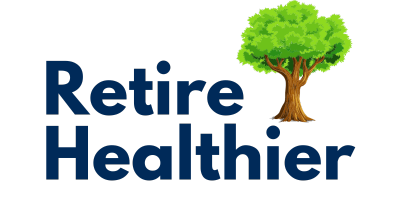
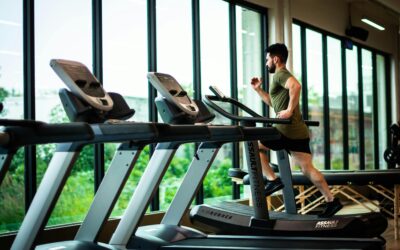
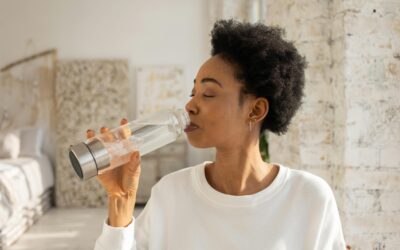
0 Comments